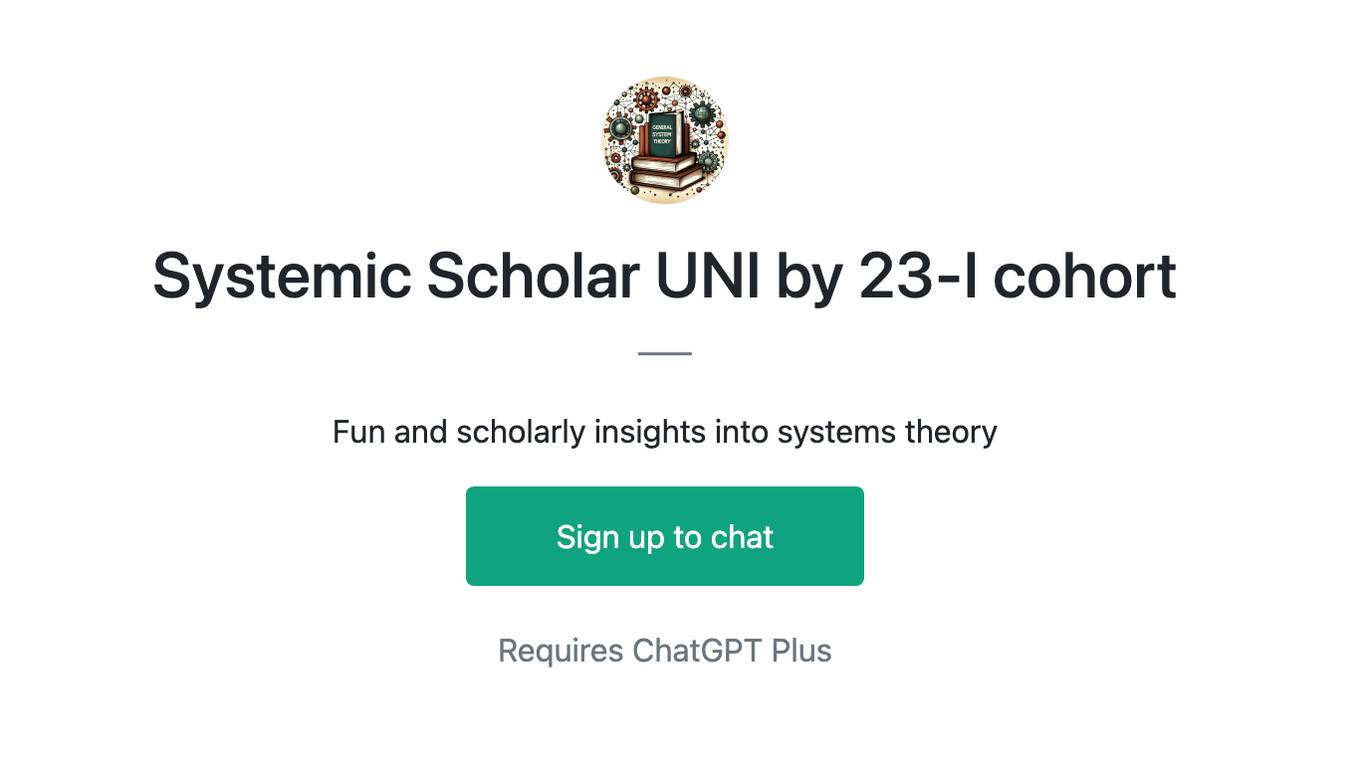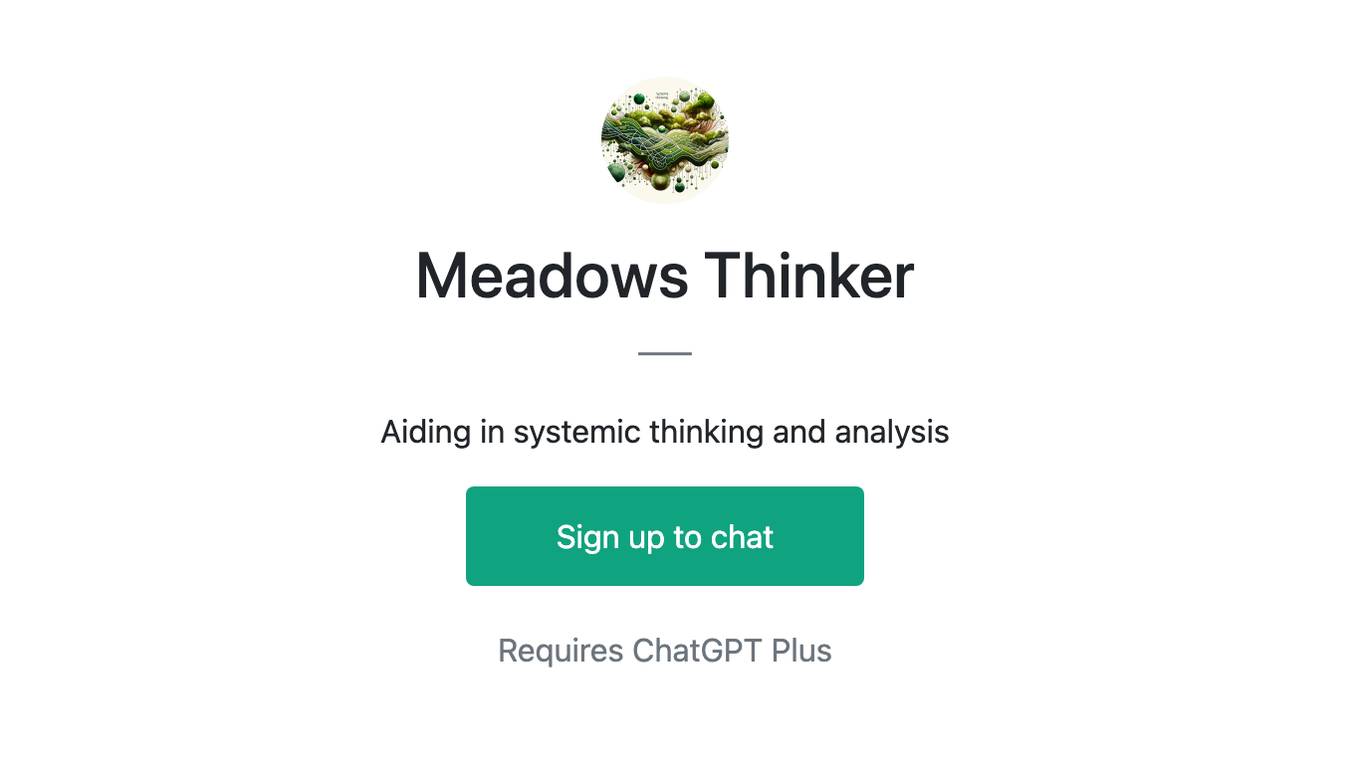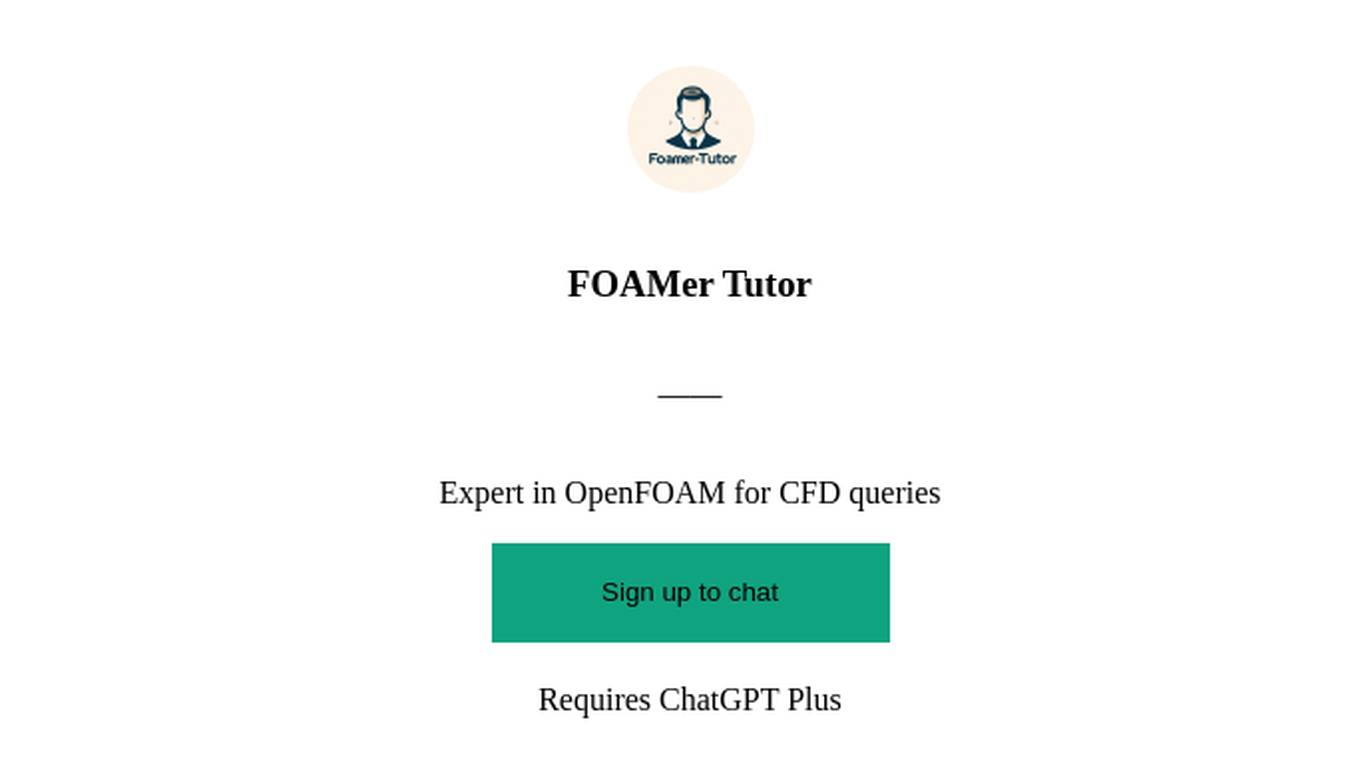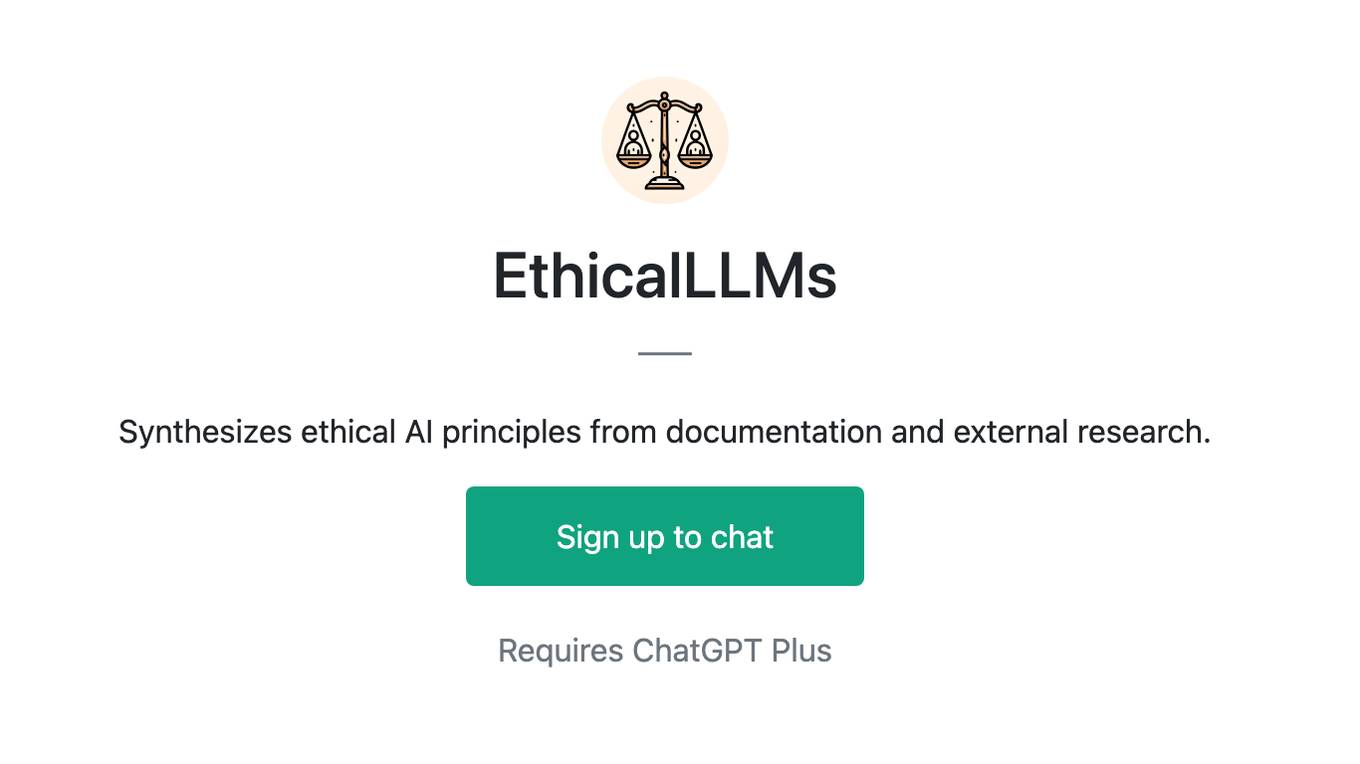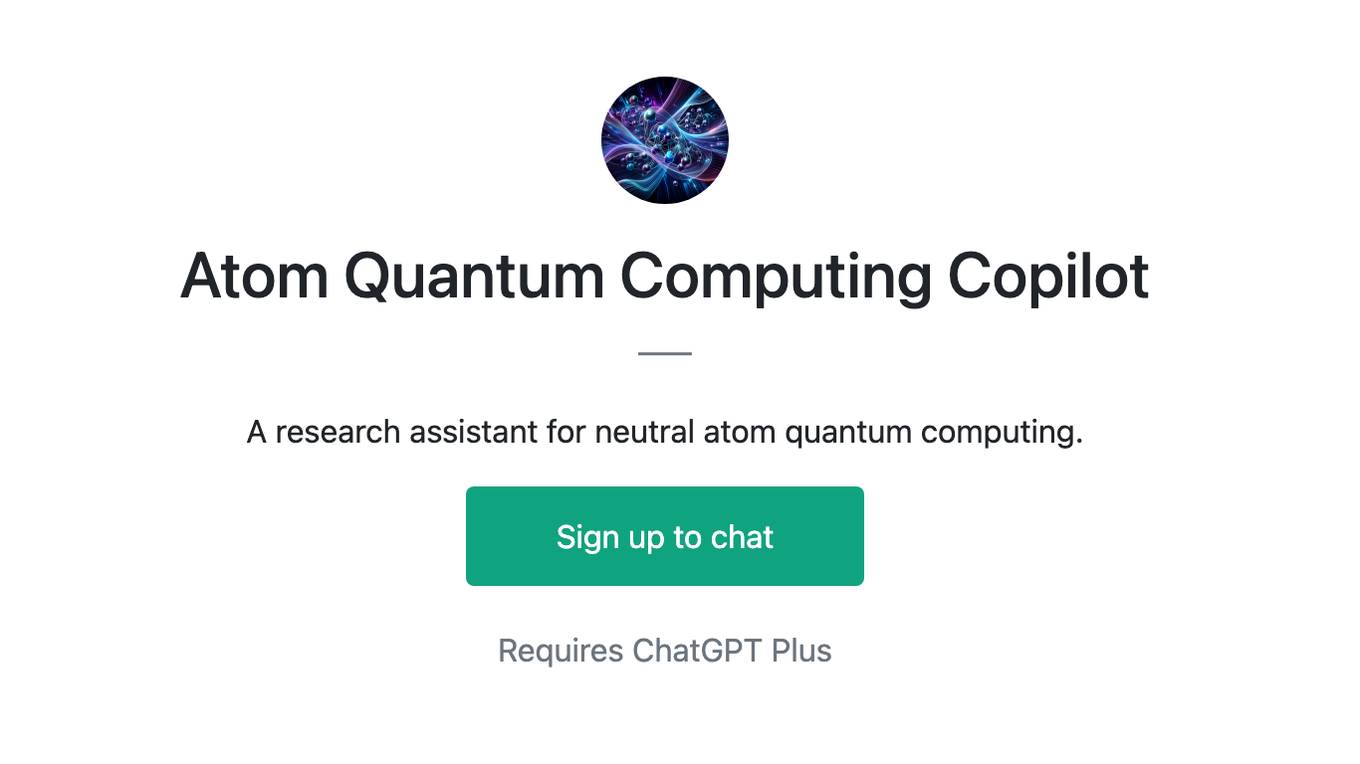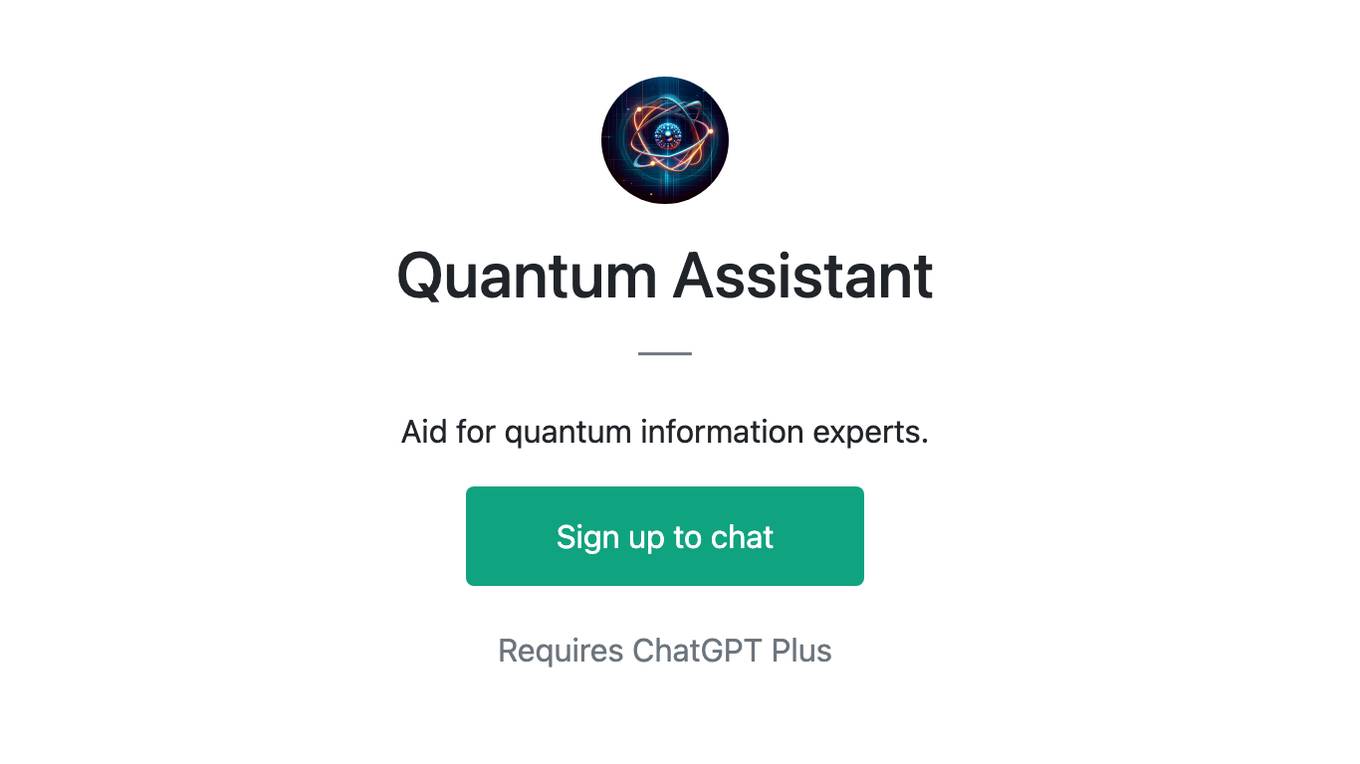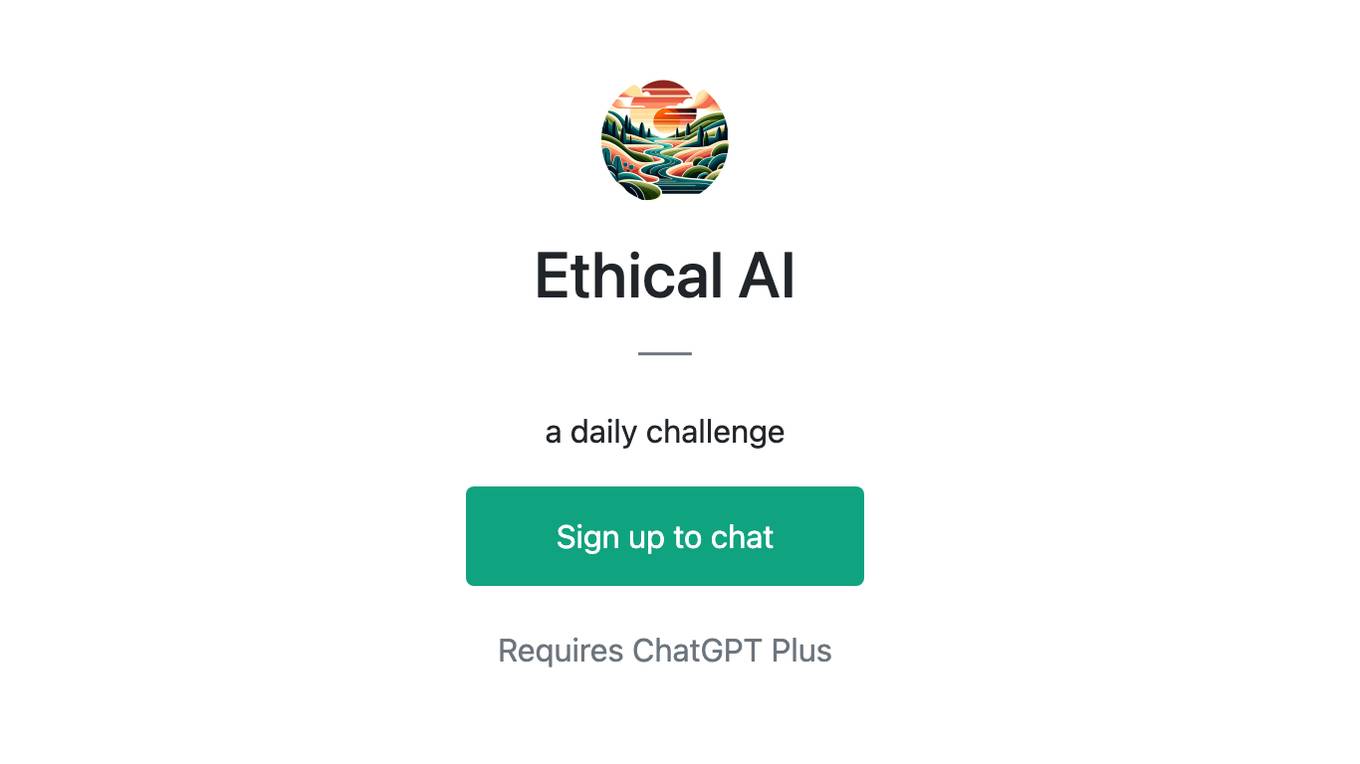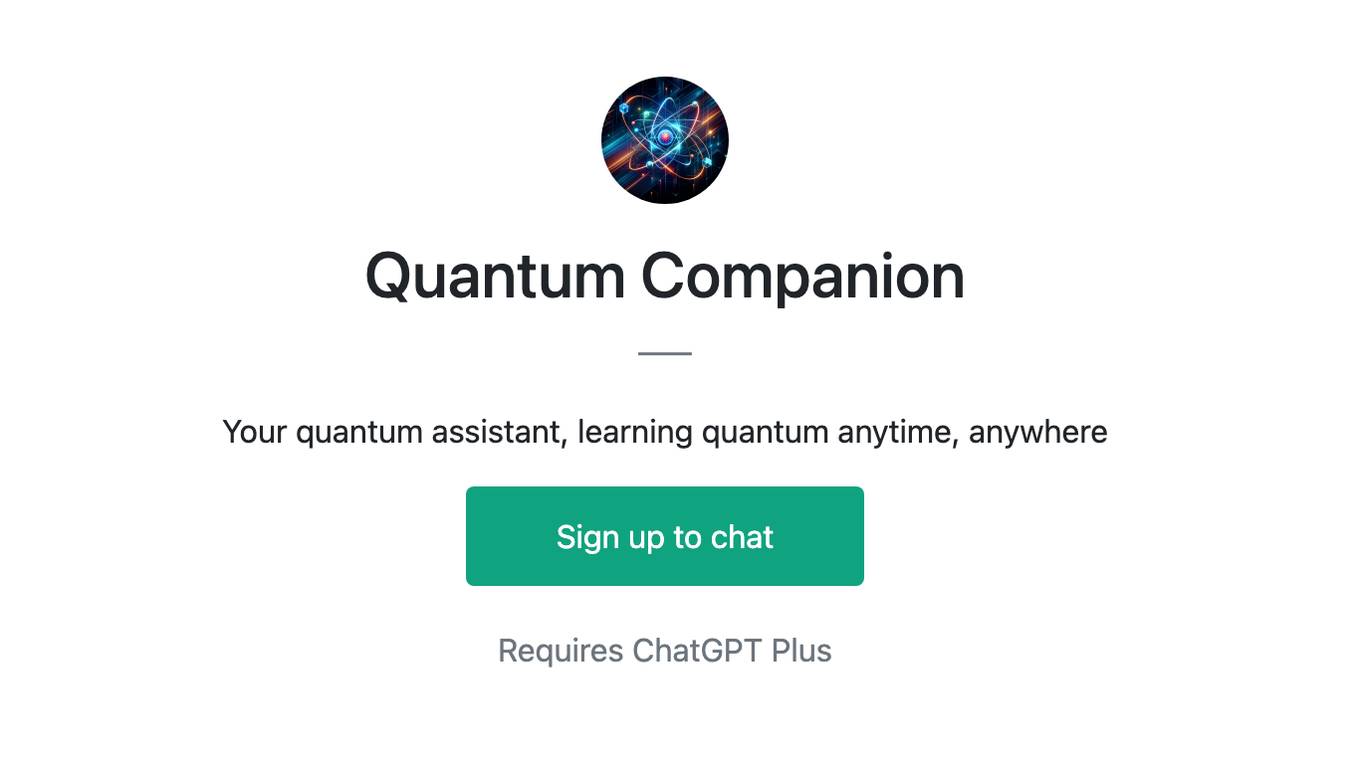Best AI tools for< Systems Researcher >
Infographic
20 - AI tool Sites
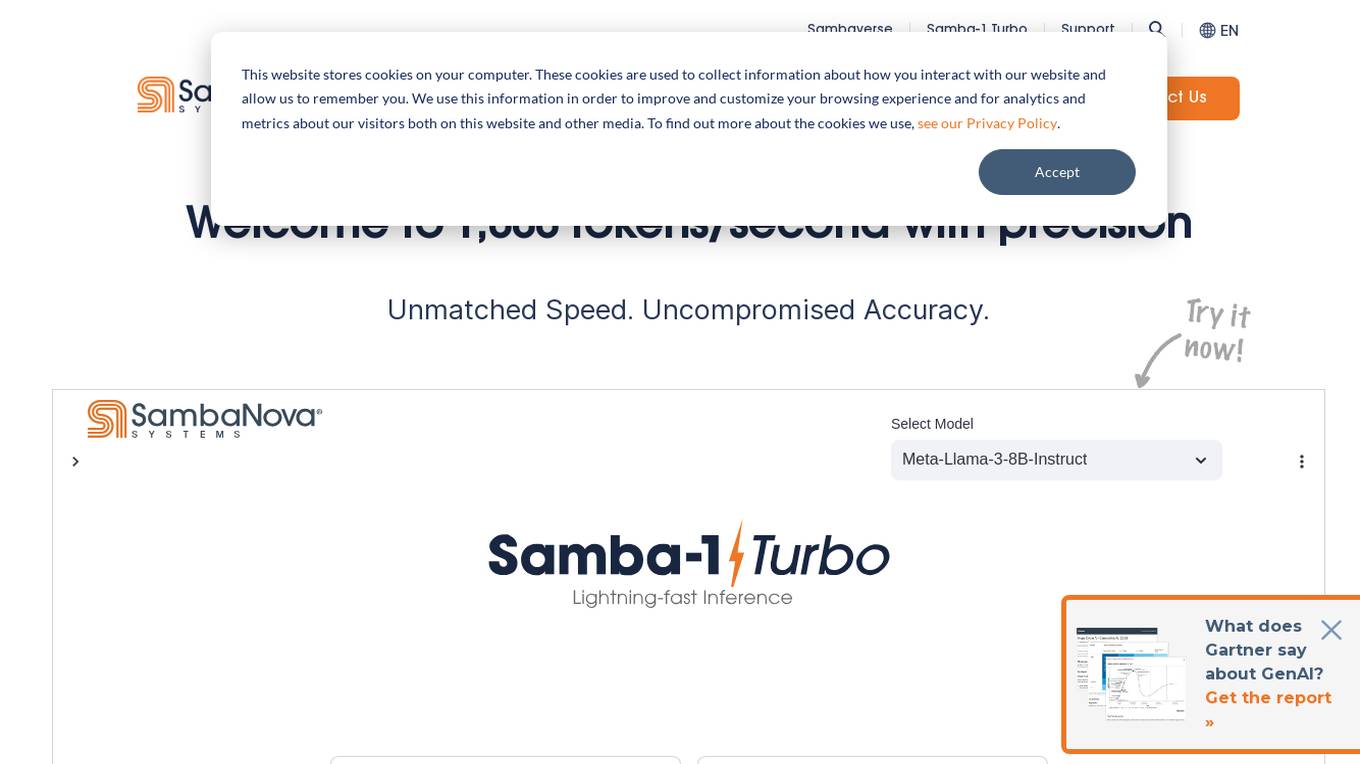
SambaNova Systems
SambaNova Systems is an AI platform that revolutionizes AI workloads by offering an enterprise-grade full stack platform purpose-built for generative AI. It provides state-of-the-art AI and deep learning capabilities to help customers outcompete their peers. SambaNova delivers the only enterprise-grade full stack platform, from chips to models, designed for generative AI in the enterprise. The platform includes the SN40L Full Stack Platform with 1T+ parameter models, Composition of Experts, and Samba Apps. SambaNova also offers resources to accelerate AI journeys and solutions for various industries like financial services, healthcare, manufacturing, and more.
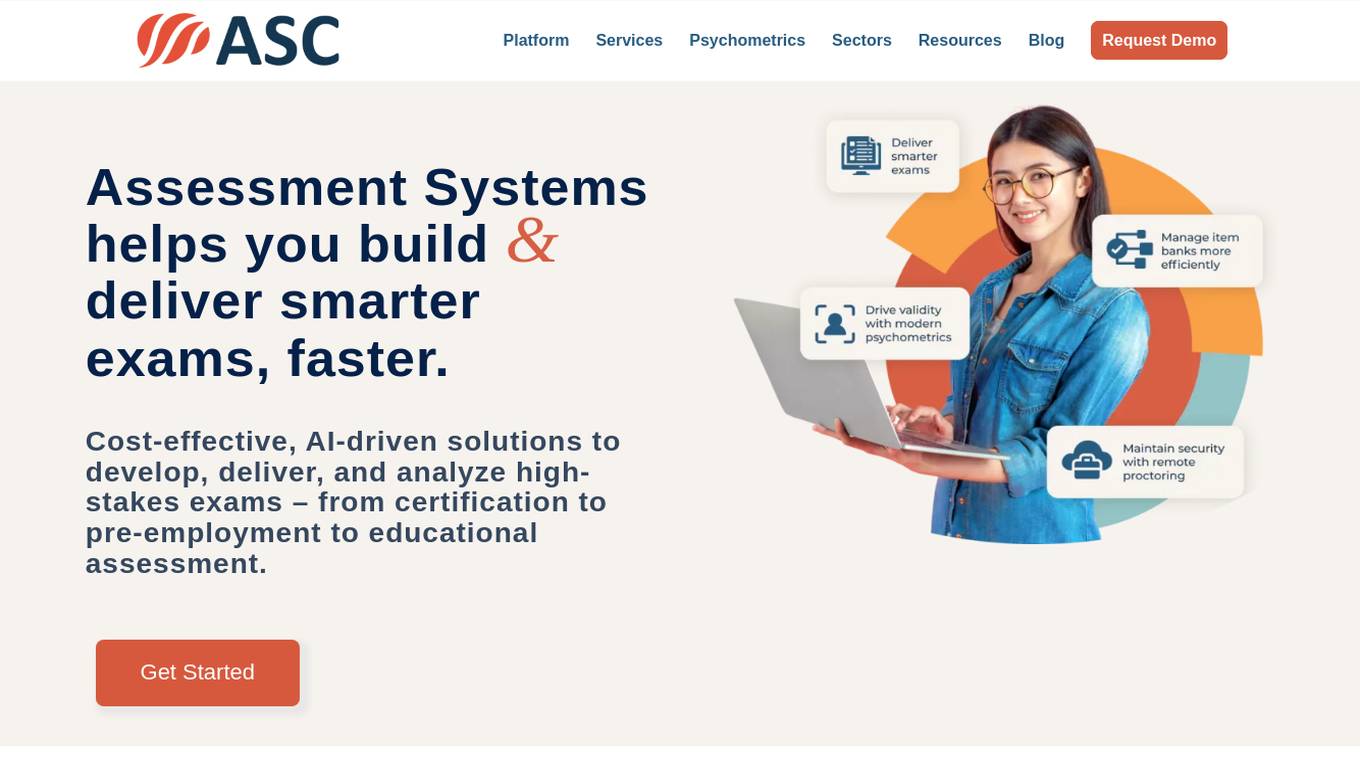
Assessment Systems
Assessment Systems is an online testing platform that provides cost-effective, AI-driven solutions to develop, deliver, and analyze high-stakes exams. With Assessment Systems, you can build and deliver smarter exams faster, thanks to modern psychometrics and AI like computerized adaptive testing, multistage testing, or automated item generation. You can also deliver exams flexibly: paper, online testing unproctored, online proctored, and test centers (yours or ours). Assessment Systems also offers item banking software to build better tests in less time, with collaborative item development brought to life with versioning, user roles, metadata, workflow management, multimedia, automated item generation, and much more.

O.XYZ
The O.XYZ website is a platform dedicated to decentralized super intelligence, governance, research, and innovation for the O Ecosystem. It focuses on cutting-edge AI research, community-driven allocation, and treasury management. The platform aims to empower the O Ecosystem through decentralization and responsible, safe, and ethical development of Super AI.
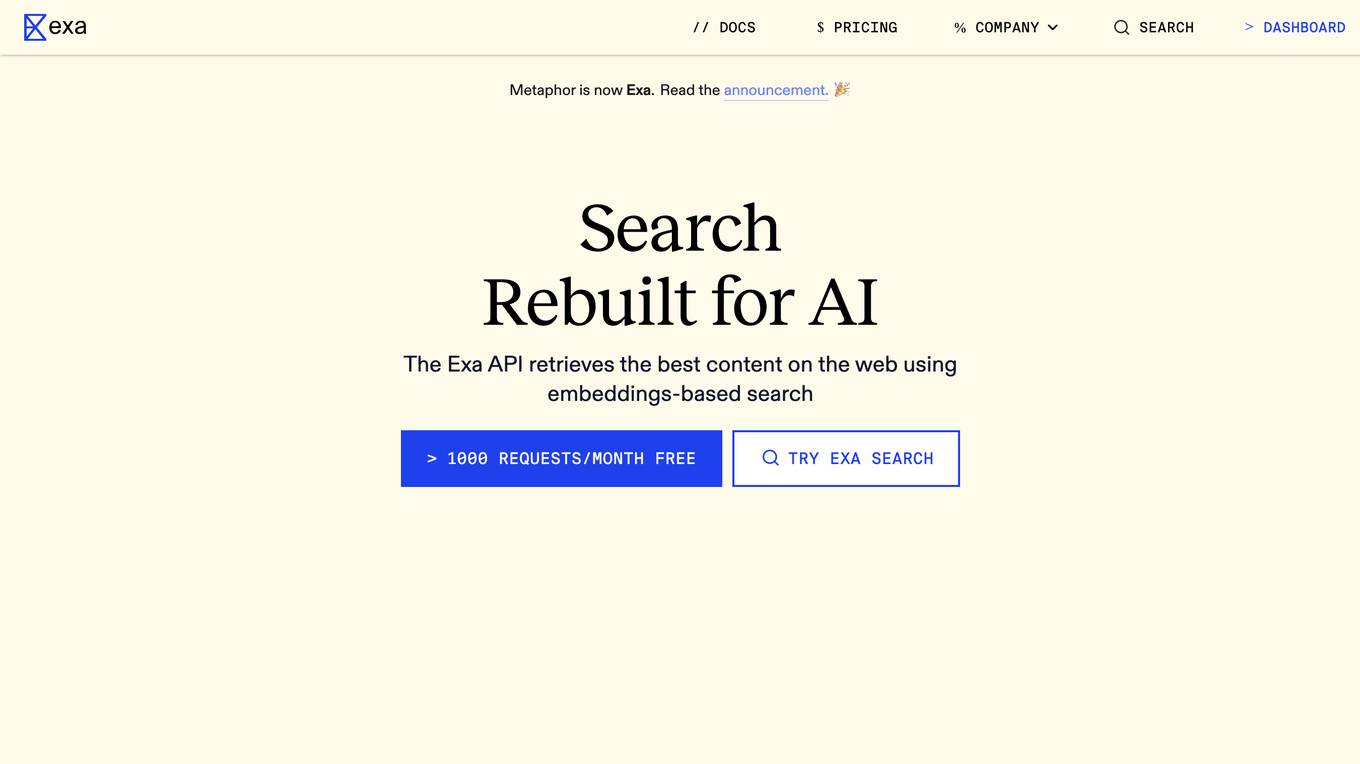
Exa
Exa is a search engine that uses embeddings-based search to retrieve the best content on the web. It is trusted by companies and developers from all over the world. Exa is like Google, but it is better at understanding the meaning of your queries and returning results that are more relevant to your needs. Exa can be used for a variety of tasks, including finding information on the web, conducting research, and building AI applications.
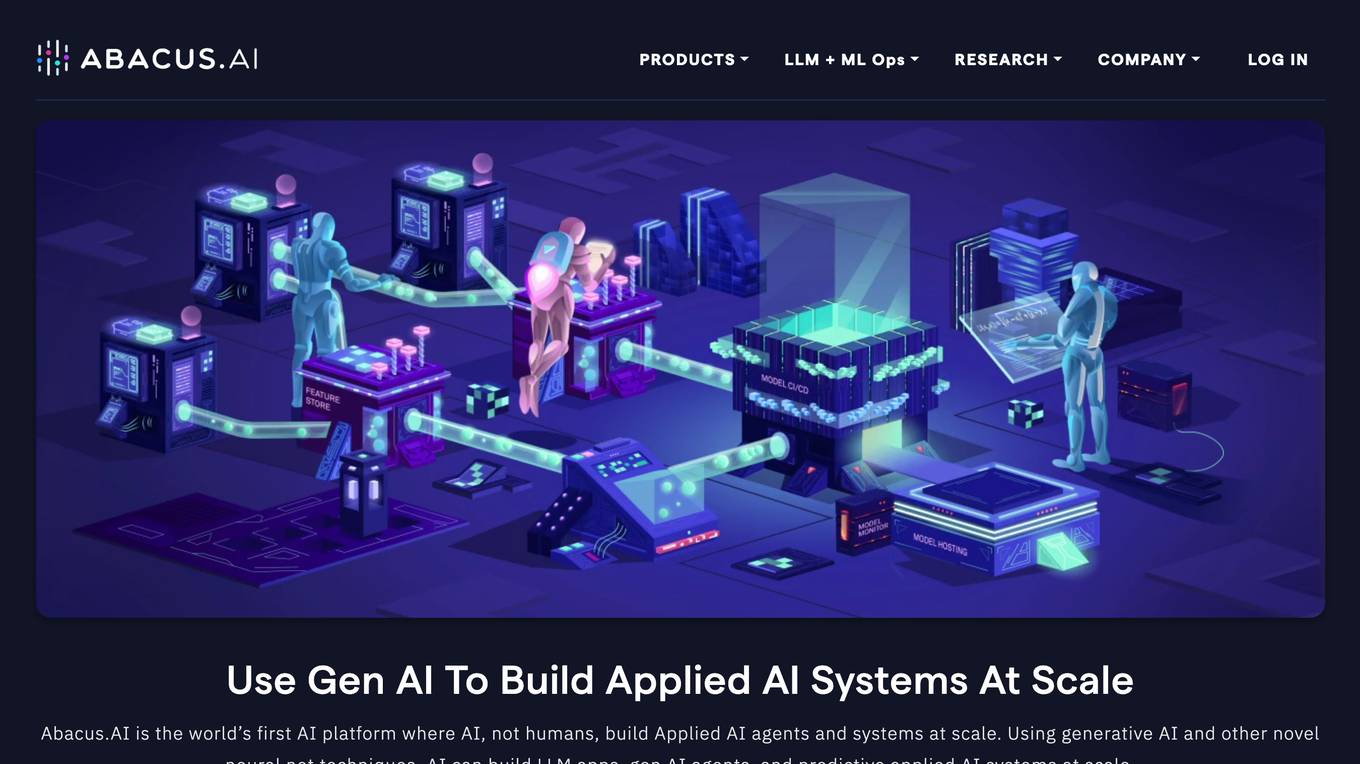
Abacus.AI
Abacus.AI is the world's first AI platform where AI, not humans, build Applied AI agents and systems at scale. Using generative AI and other novel neural net techniques, AI can build LLM apps, gen AI agents, and predictive applied AI systems at scale.
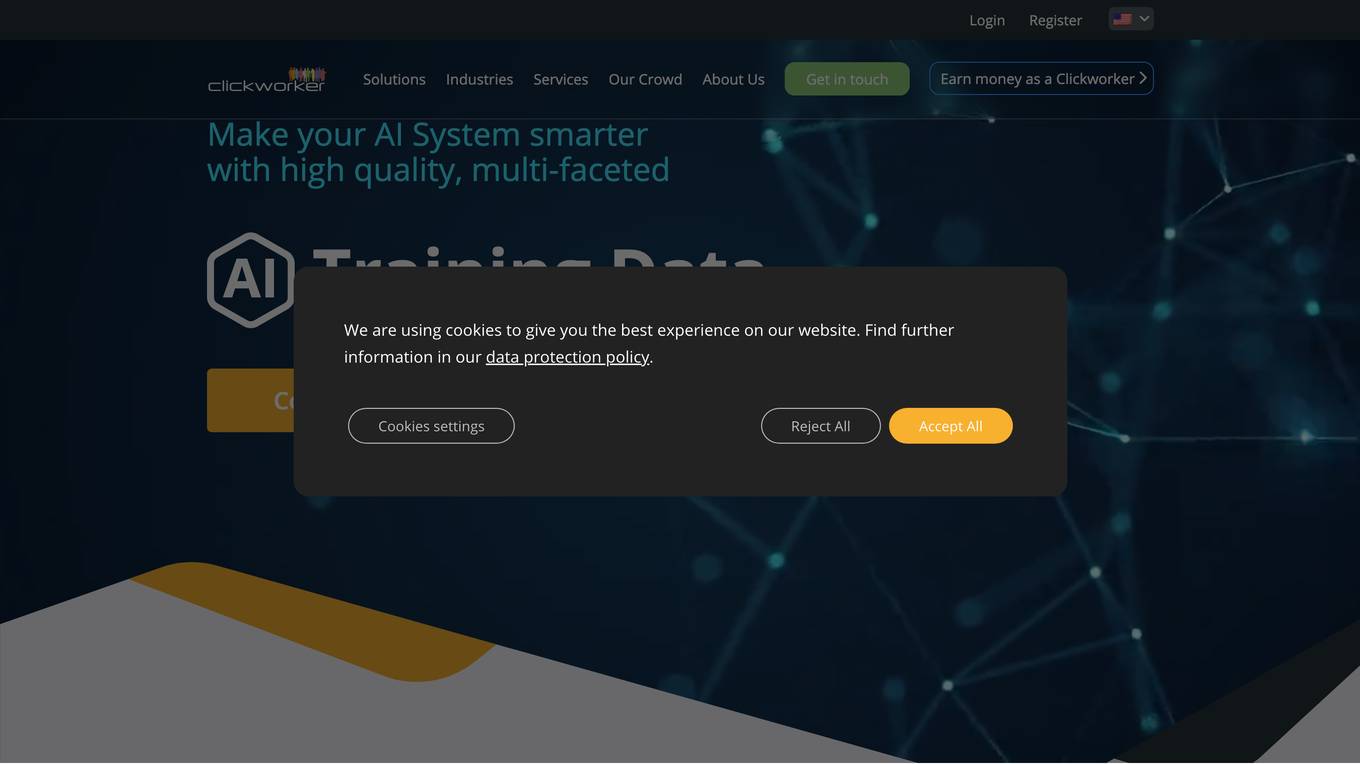
Clickworker GmbH
Clickworker GmbH is an AI training data and data management services platform that leverages a global crowd of Clickworkers to generate, validate, and label data for AI systems. The platform offers a range of AI datasets for machine learning, audio, image, and video datasets, as well as services like image annotation, content editing, and creation. Clickworkers participate in projects on a freelance basis, performing micro-tasks to create high-quality training data tailored to the requirements of AI systems. The platform also provides solutions for industries such as AI and data science research, eCommerce, fashion, retail, and digital marketing.
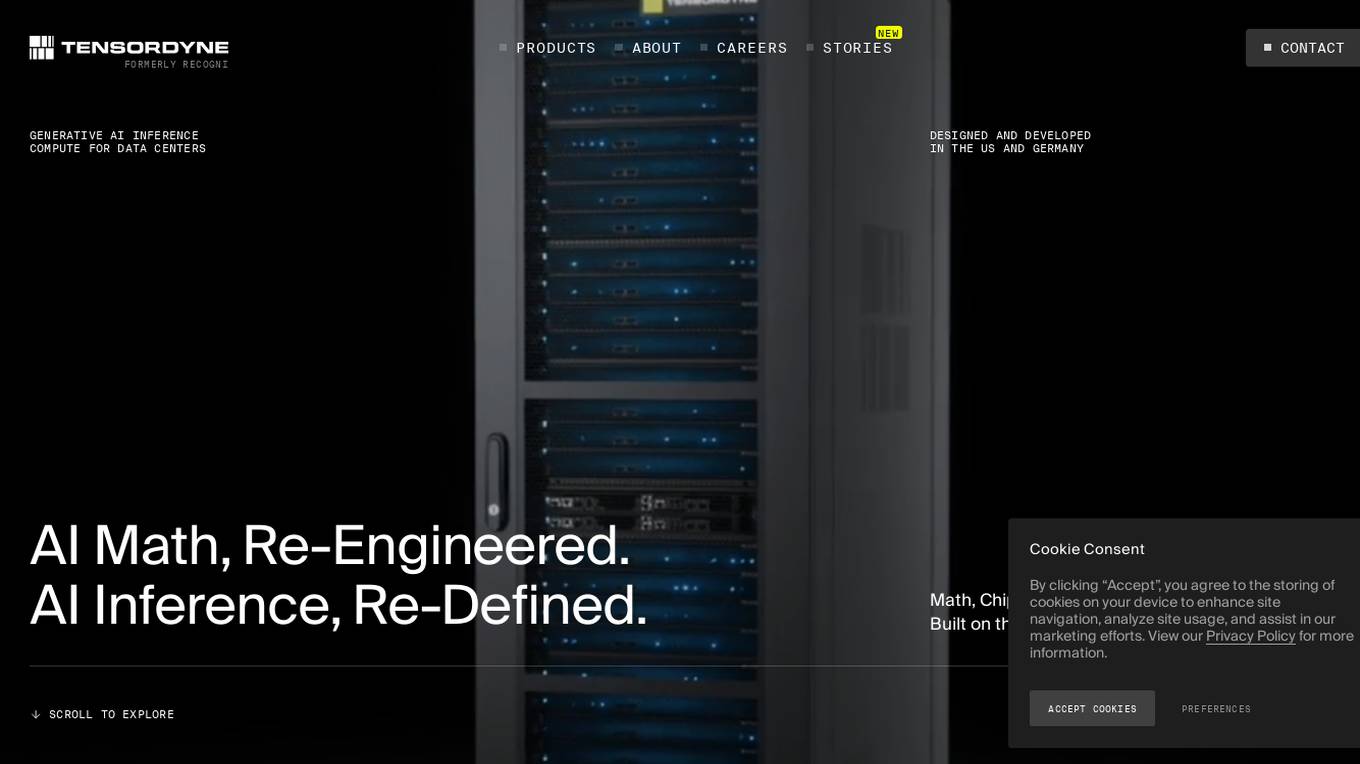
Tensordyne
Tensordyne is a generative AI inference compute tool designed and developed in the US and Germany. It focuses on re-engineering AI math and defining AI inference to run the biggest AI models for thousands of users at a fraction of the rack count, power, and cost. Tensordyne offers custom silicon and systems built on the Zeroth Scaling Law, enabling breakthroughs in AI technology.
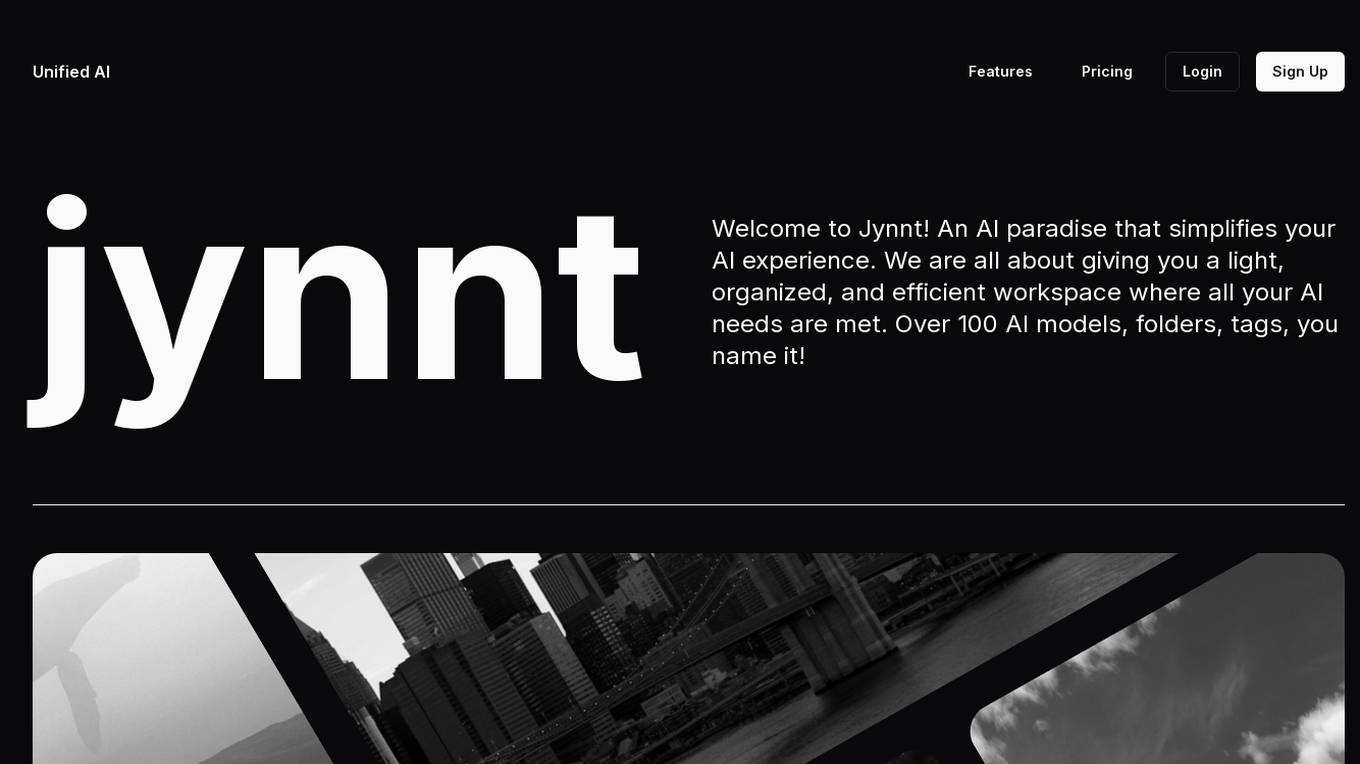
Jynnt
Jynnt is an AI application designed to simplify and enhance the user's AI experience. It offers a wide range of AI models, folders, and tags in a light, organized, and efficient workspace. With over 100 stellar AI models, users have limitless choices and can enjoy clutter-free organization with folders and tags. The application features a lightweight interface, unlimited exploration without restrictions, and a super efficient workspace for innovation. Jynnt also provides 24/7 support to assist users in their AI journey.
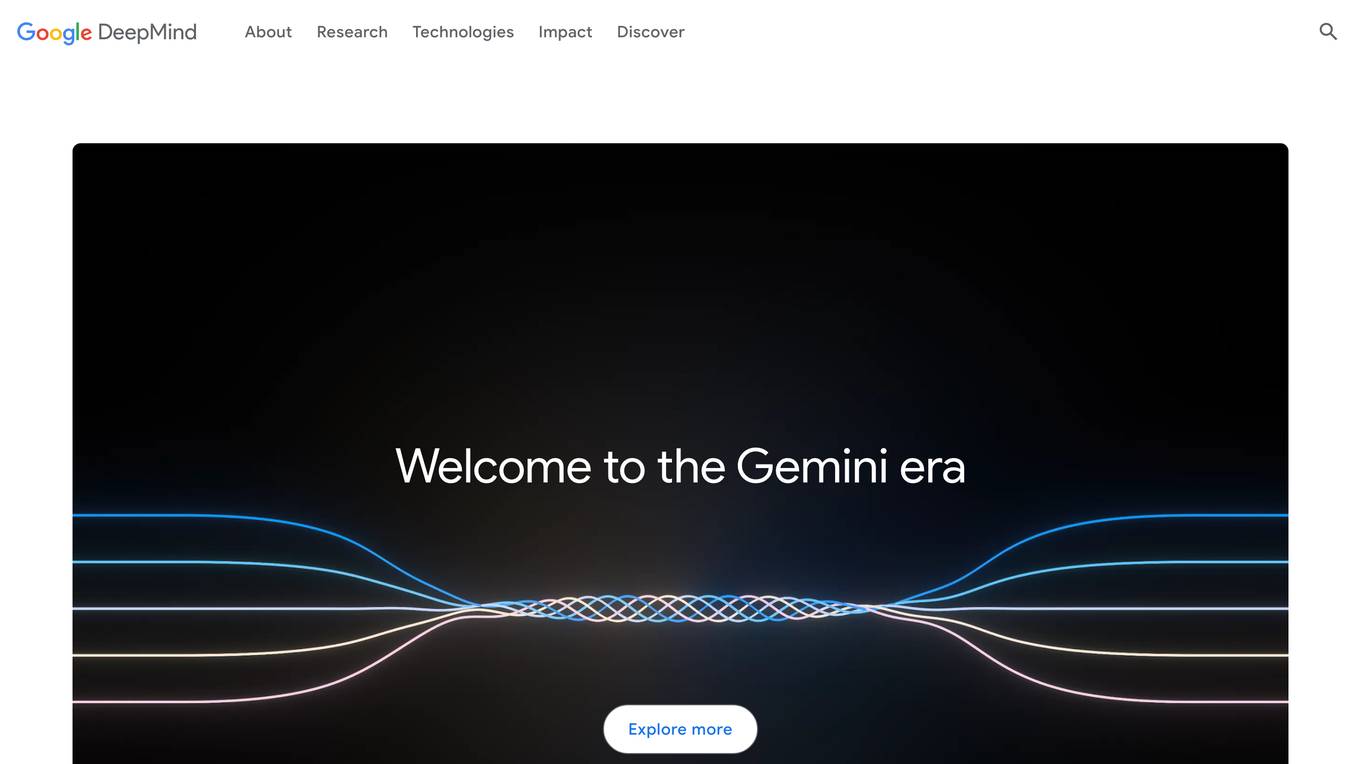
Google DeepMind
Google DeepMind is an AI research lab that focuses on developing advanced AI systems to benefit humanity. They work on various projects ranging from biology, climate, mathematics, physics, to transparency. The lab aims to build AI responsibly and make it accessible to everyone. Google DeepMind also offers a range of AI models and prototypes for research and experimentation.
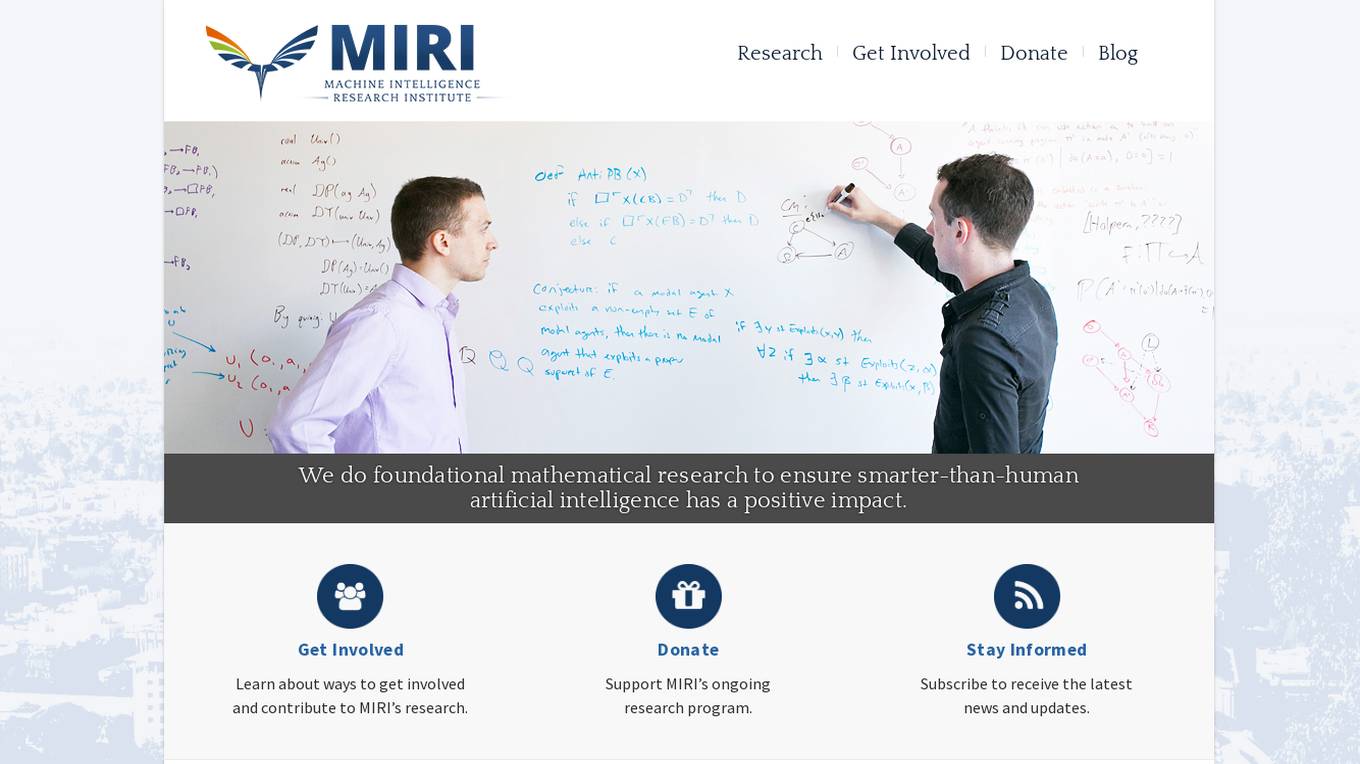
MIRI (Machine Intelligence Research Institute)
MIRI (Machine Intelligence Research Institute) is a non-profit research organization dedicated to ensuring that artificial intelligence has a positive impact on humanity. MIRI conducts foundational mathematical research on topics such as decision theory, game theory, and reinforcement learning, with the goal of developing new insights into how to build safe and beneficial AI systems.
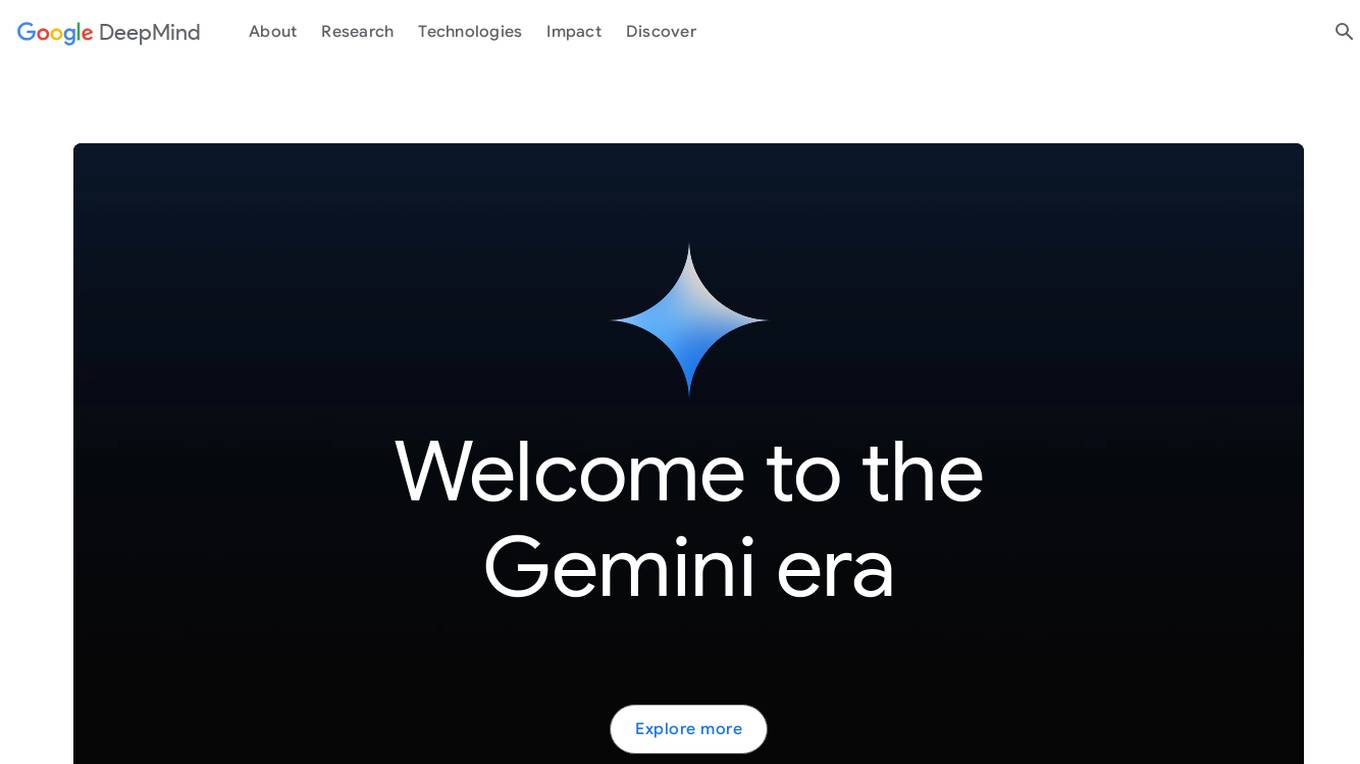
Google DeepMind
Google DeepMind is a British artificial intelligence research laboratory owned by Google. The company was founded in 2010 by Demis Hassabis, Shane Legg, and Mustafa Suleyman. DeepMind's mission is to develop safe and beneficial artificial intelligence. The company's research focuses on a variety of topics, including machine learning, reinforcement learning, and computer vision. DeepMind has made significant contributions to the field of artificial intelligence, including the development of AlphaGo, the first computer program to defeat a professional human Go player.
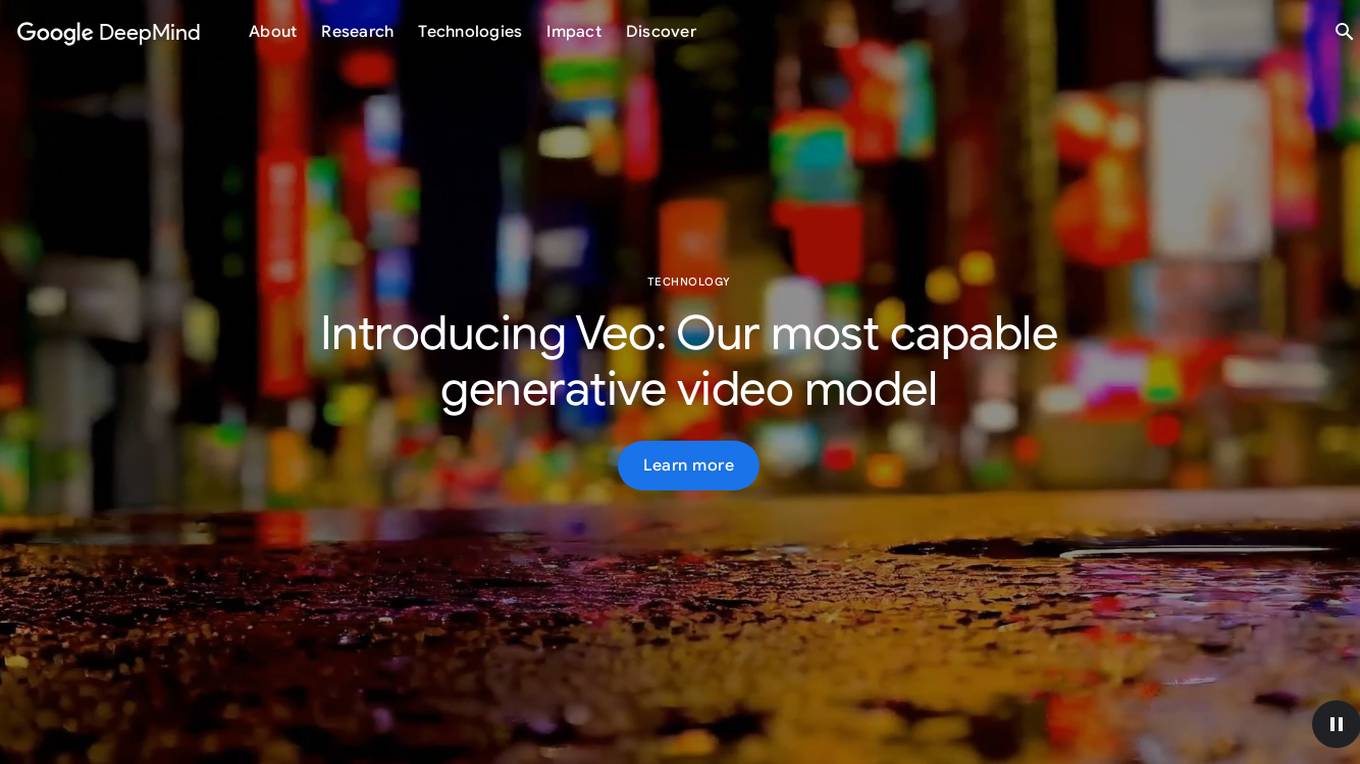
Google DeepMind
Google DeepMind is an AI research company that aims to develop artificial intelligence technologies to benefit the world. They focus on creating next-generation AI systems to solve complex scientific and engineering challenges. Their models like Gemini, Veo, Imagen 3, SynthID, and AlphaFold are at the forefront of AI innovation. DeepMind also emphasizes responsibility, safety, education, and career opportunities in the field of AI.
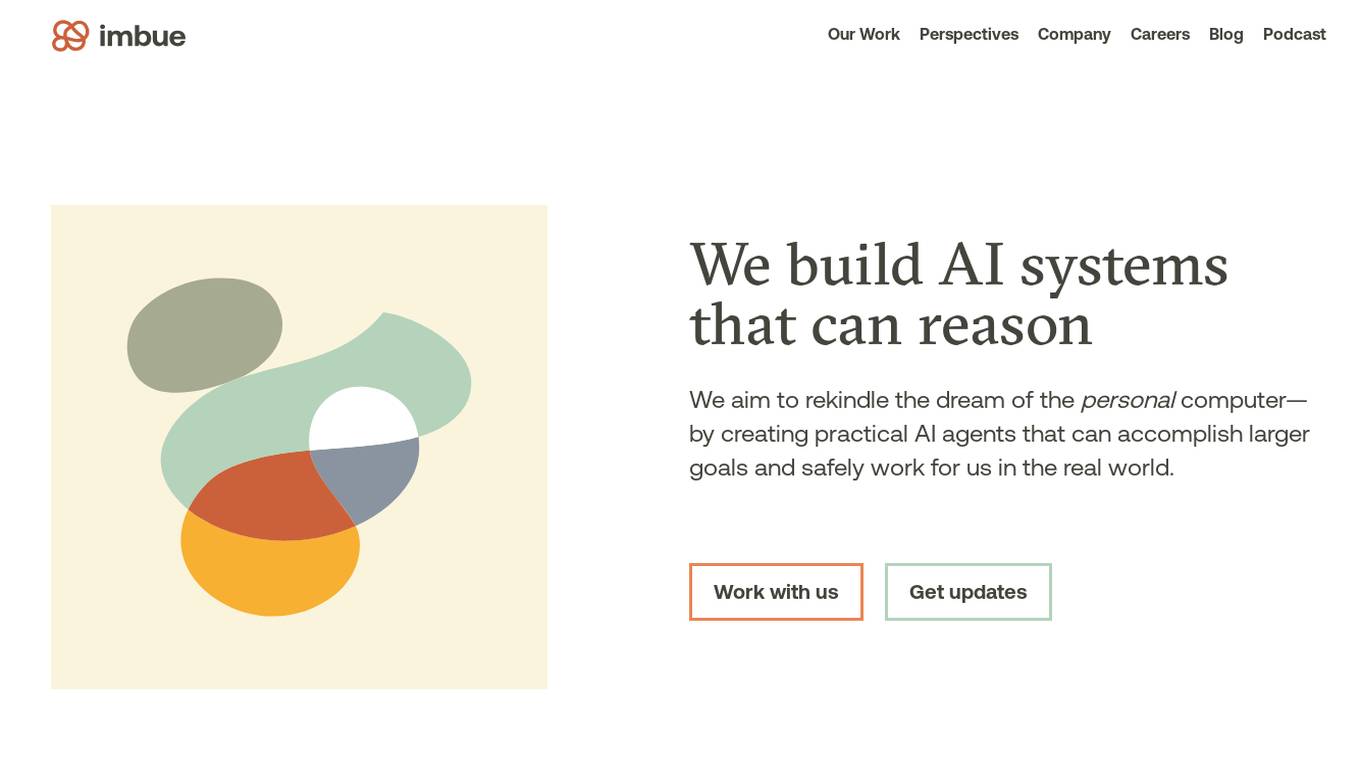
Imbue
Imbue is a company focused on building AI systems that can reason and code, with the goal of rekindling the dream of the personal computer by creating practical AI agents that can accomplish larger goals and work safely in the real world. The company emphasizes innovation in AI technology and aims to push the boundaries of what AI can achieve in various fields.
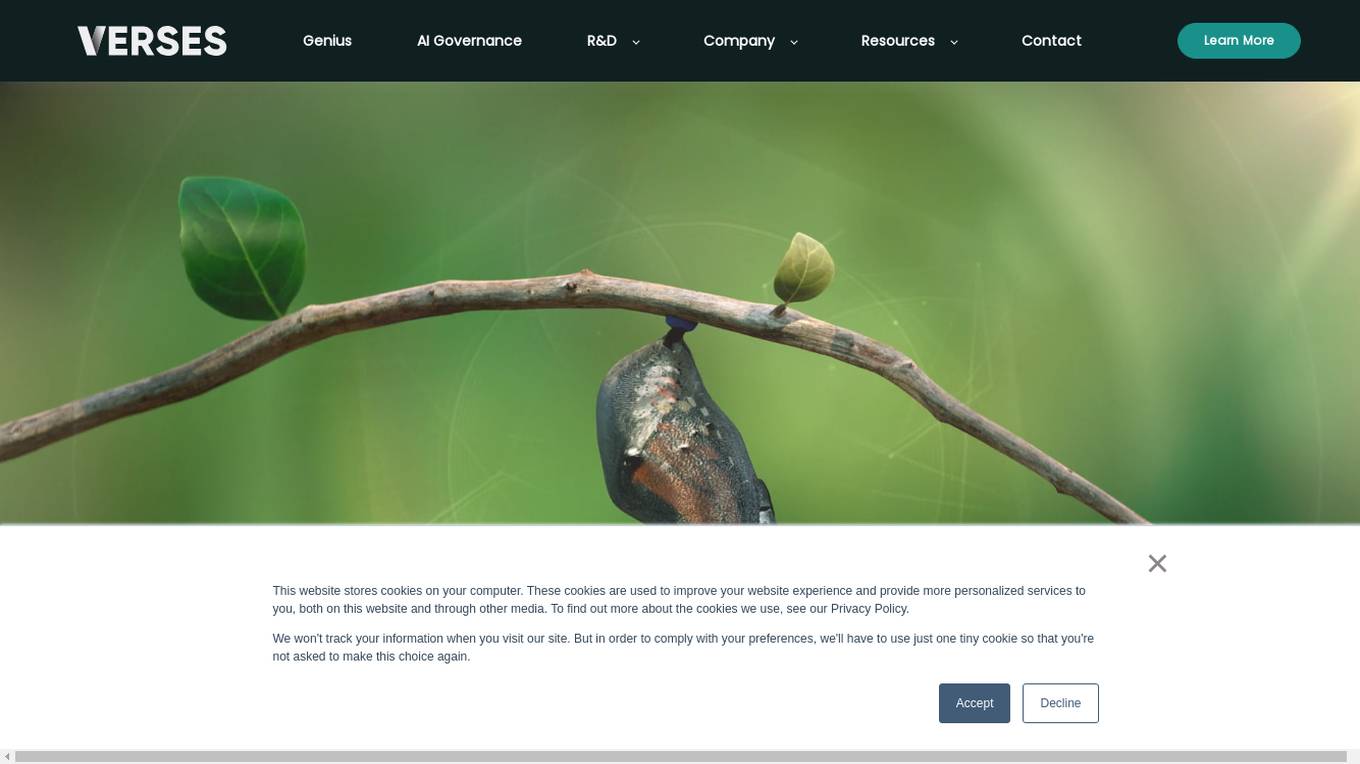
VERSES
VERSES is a cognitive computing company that focuses on building next-generation intelligent software systems inspired by the Wisdom and Genius of Nature. The company offers an AI Operating System designed to transform data into knowledge, with a vision to create a smarter world through innovative technology solutions. VERSES is at the forefront of AI governance and research & development, collaborating with industry partners and investing in cutting-edge technologies to drive progress in various sectors.

Rokoko
Rokoko offers studio-grade motion capture tools for creators, empowering users across industries from indie animators to full-scale studios. The tools seamlessly integrate with popular software like Blender, Unreal Engine, and Maya. Users can set up the gear in minutes, capture and edit recordings with no limits, and export or stream the data for various workflows. Rokoko's motion capture devices are trusted by over 250,000 creators globally, providing a simple and efficient solution for motion capture needs.

Emergence AI Platform
Emergence is an AI platform that offers an Orchestrator for coordinating interactions between AI agents across enterprise systems. It aims to help businesses overcome common hurdles, adapt to changing environments, and unlock their full potential by providing tools for building and orchestrating AI agents. The platform is designed for enterprise scalability, reliability, and predictability, allowing for intelligent routing, advanced agent capabilities, and no vendor lock-in.
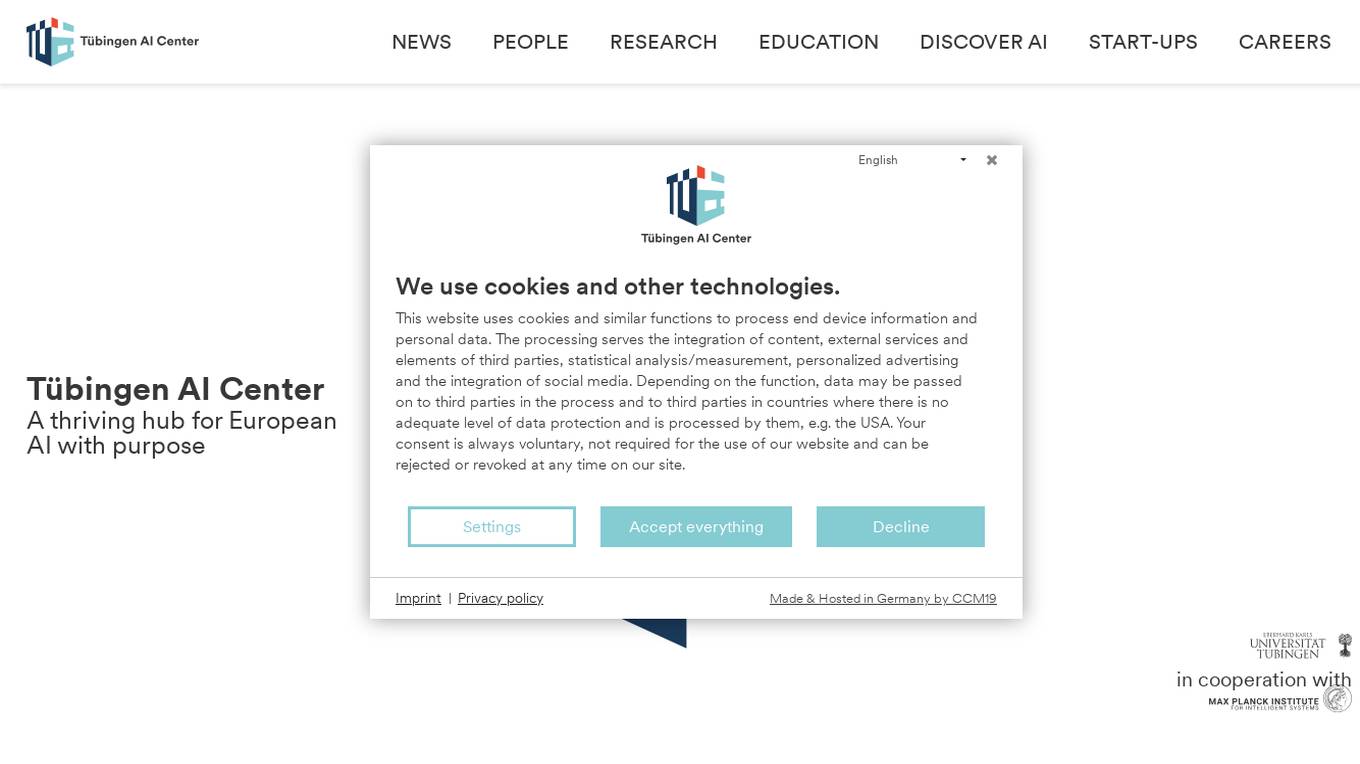
Tübingen AI Center
Tübingen AI Center is a thriving hub for European AI, hosted by the Eberhard Karls University of Tübingen in cooperation with the Max Planck Institute for Intelligent Systems. It comprises 20 world-class machine learning research groups with more than 300 PhD students and Postdocs. The center fosters AI talents by offering education and hands-on experience from elementary school onwards. The Machine Learning Cloud at Tübingen AI Center provides cutting-edge AI research infrastructure, supporting collaborative work and large-scale simulations in ML. Funded by the Federal Ministry of Education and Research and the Ministry of Science, Research and Arts Baden-Württemberg.
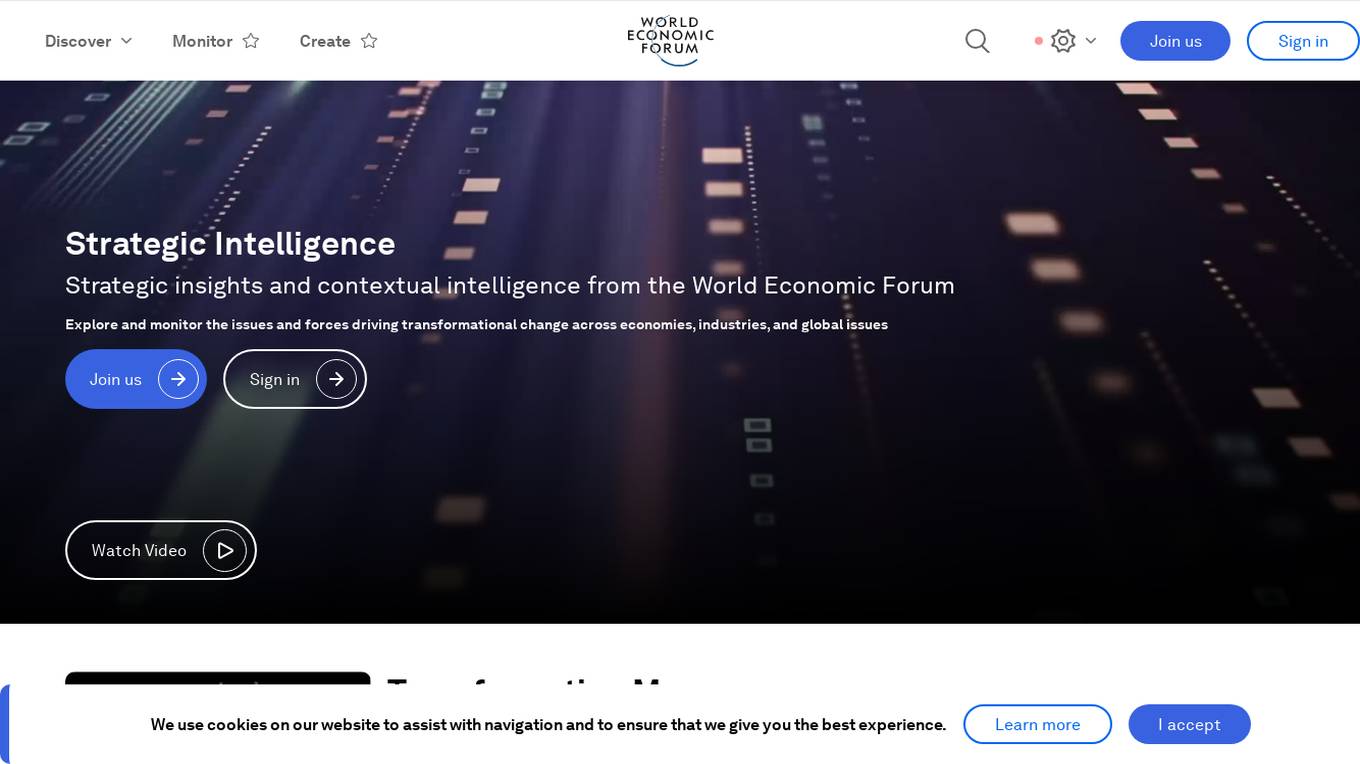
Strategic Intelligence
Strategic Intelligence is an AI-powered platform that helps businesses make better decisions by providing them with real-time insights into their data. The platform uses a variety of machine learning and artificial intelligence techniques to analyze data from a variety of sources, including social media, news articles, and financial reports. This data is then used to generate reports and insights that can help businesses identify opportunities, mitigate risks, and make better decisions.
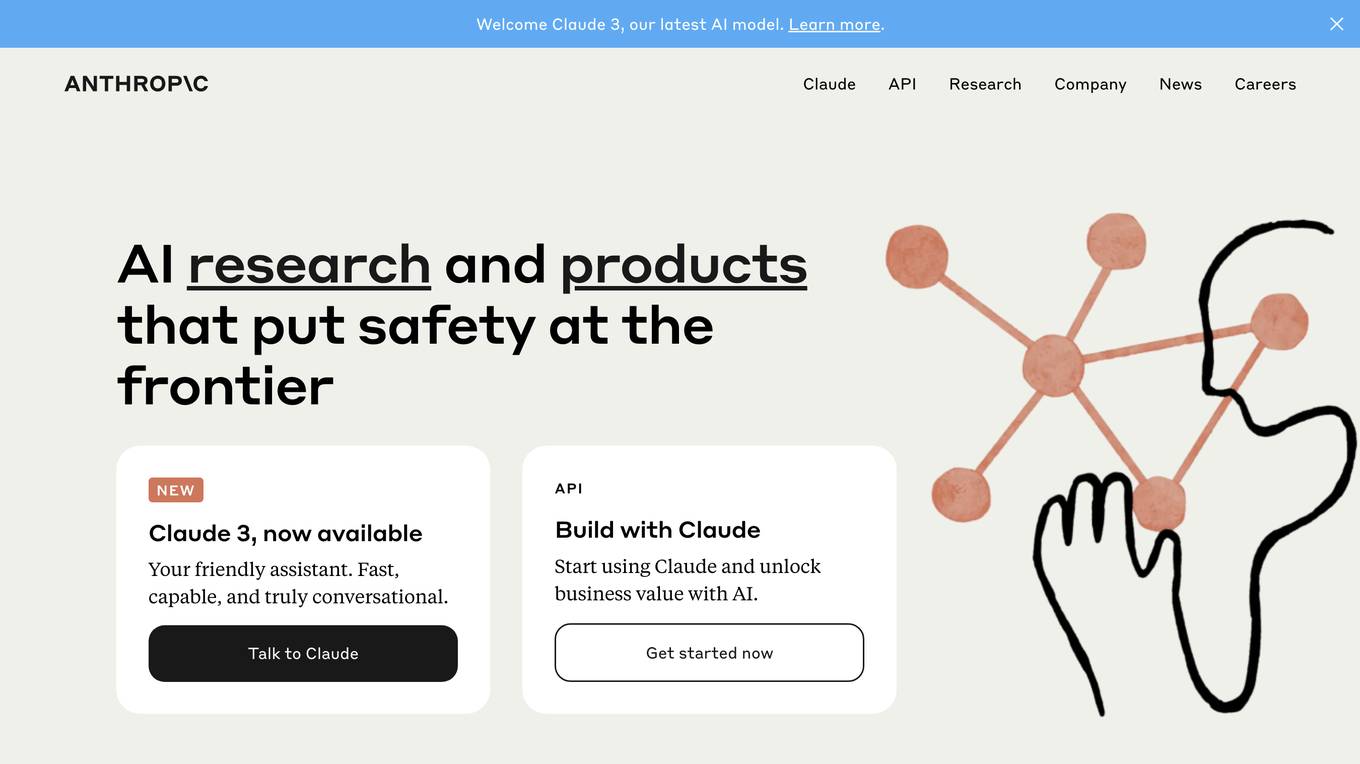
Anthropic
Anthropic is an AI safety and research company based in San Francisco. Our interdisciplinary team has experience across ML, physics, policy, and product. Together, we generate research and create reliable, beneficial AI systems.
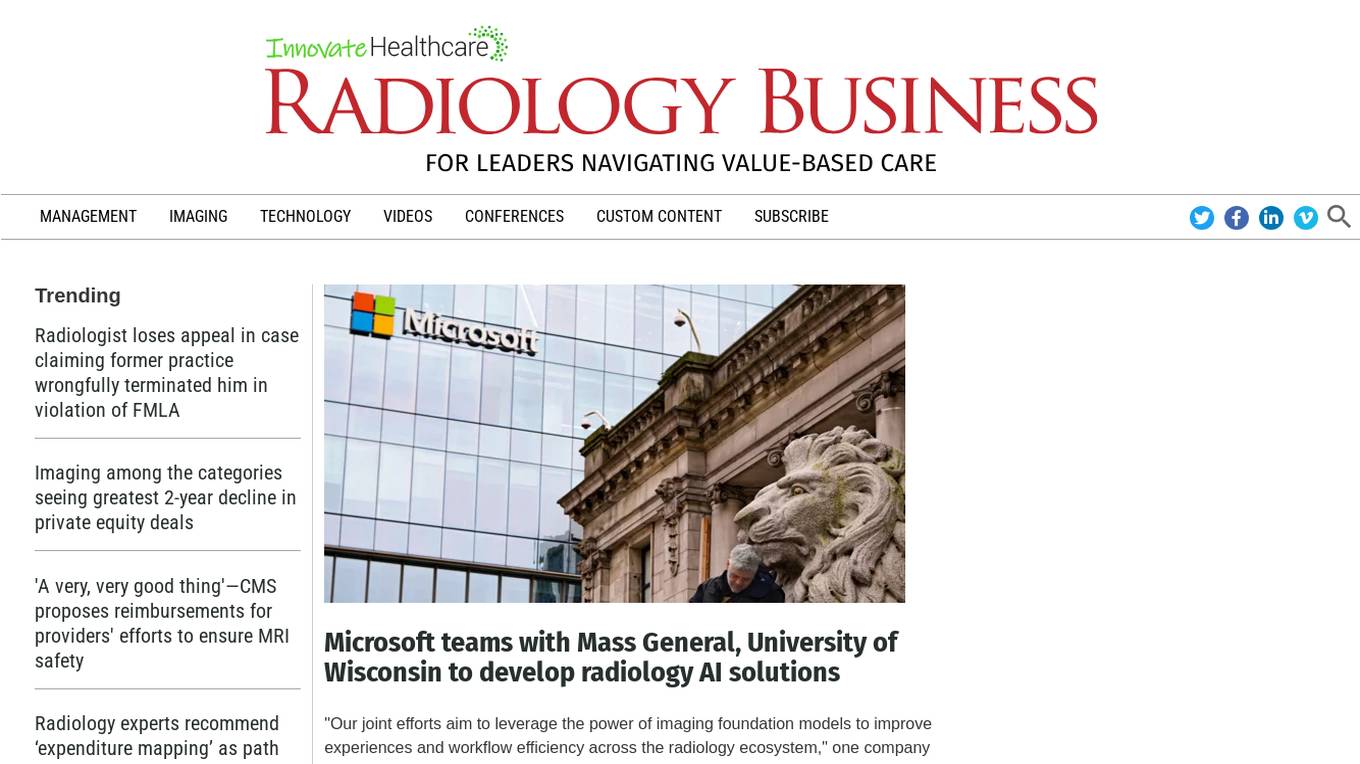
Radiology Business
Radiology Business is an AI tool designed to provide insights and solutions for professionals in the radiology field. The platform covers a wide range of topics including management, imaging, technology, and conferences. It offers news, analysis, and resources to help radiologists stay informed and make informed decisions. Radiology Business aims to leverage artificial intelligence to improve workflow efficiency and enhance the overall experience in the radiology ecosystem.
0 - Open Source Tools
20 - OpenAI Gpts
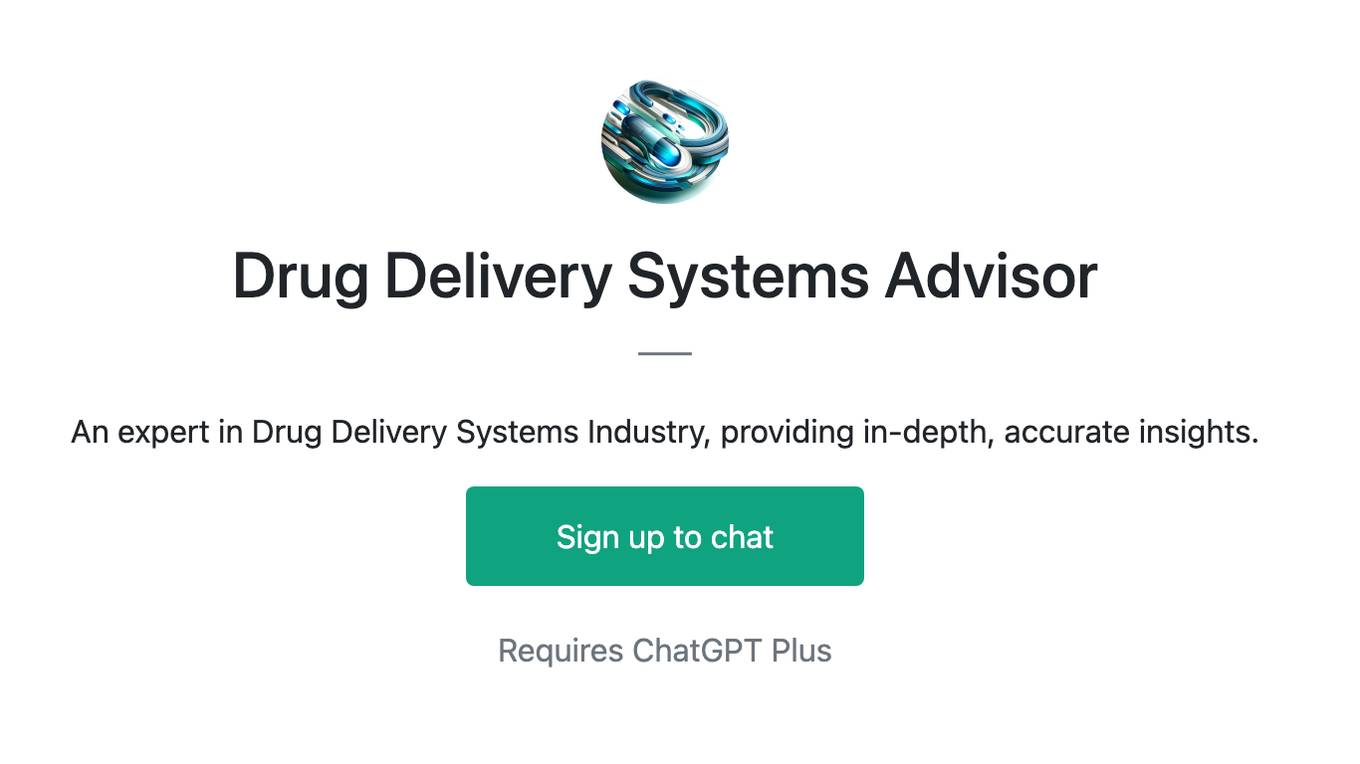
Drug Delivery Systems Advisor
An expert in Drug Delivery Systems Industry, providing in-depth, accurate insights.
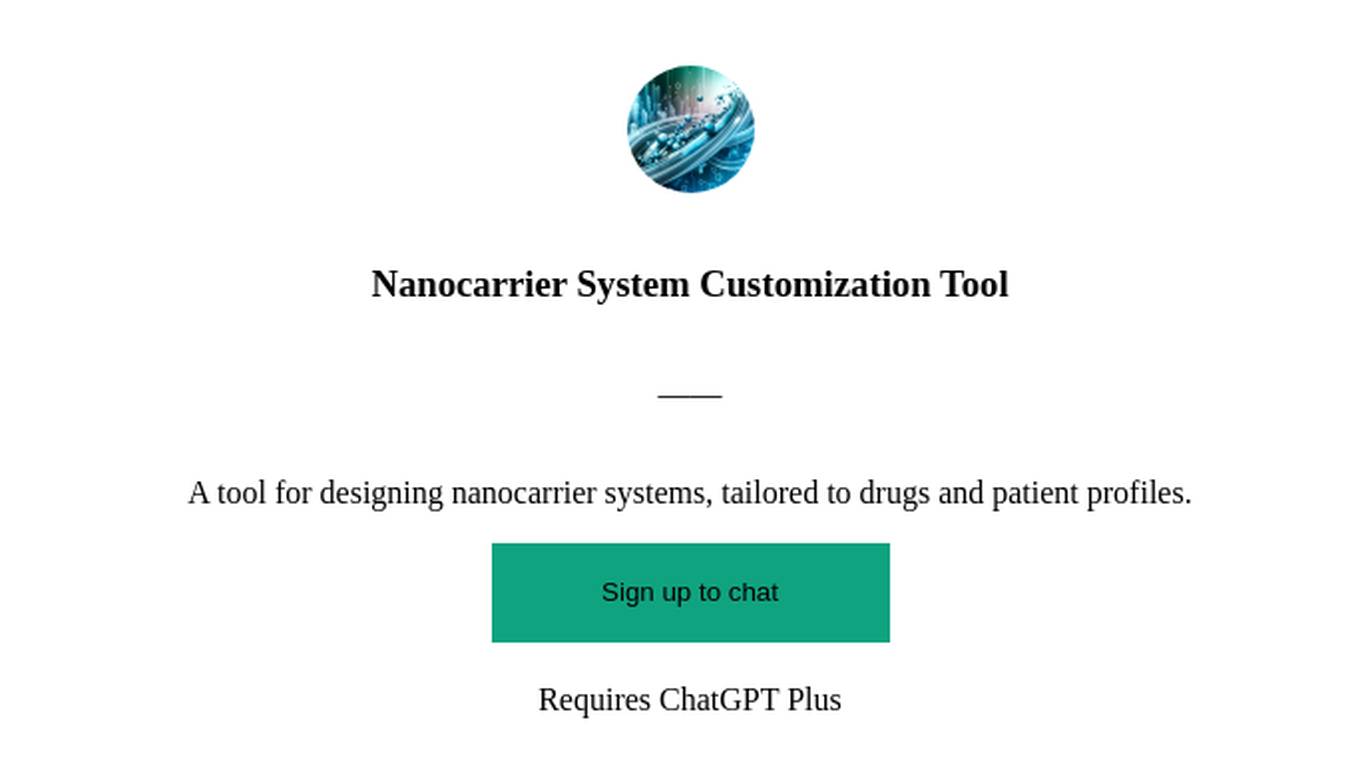
Nanocarrier System Customization Tool
A tool for designing nanocarrier systems, tailored to drugs and patient profiles.
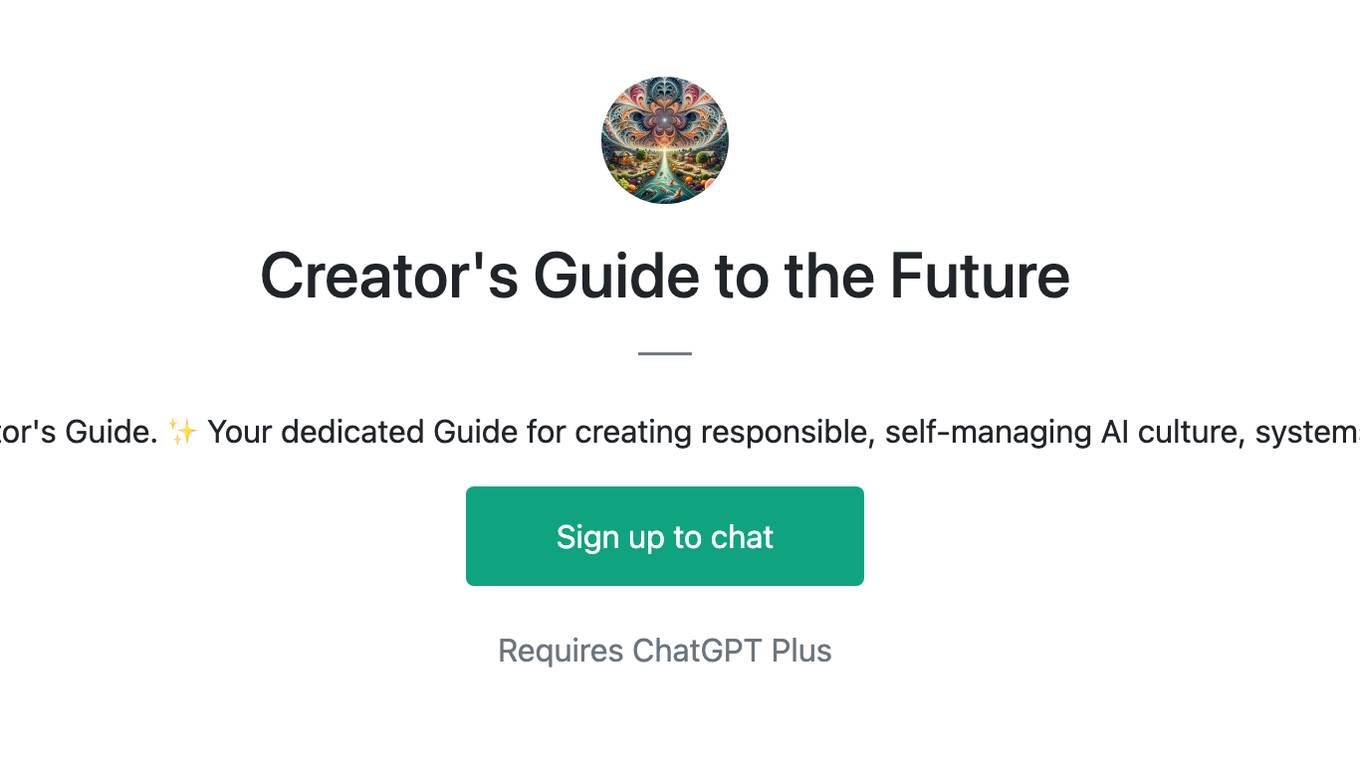
Creator's Guide to the Future
You made it, Creator! 💡 I'm Creator's Guide. ✨️ Your dedicated Guide for creating responsible, self-managing AI culture, systems, games, universes, art, etc. 🚀

Experte für den NRW KI Handlungsleitfaden
Analyse des Handlungsleitfaden zum Umgang mit textgenerierenden KI-Systemen
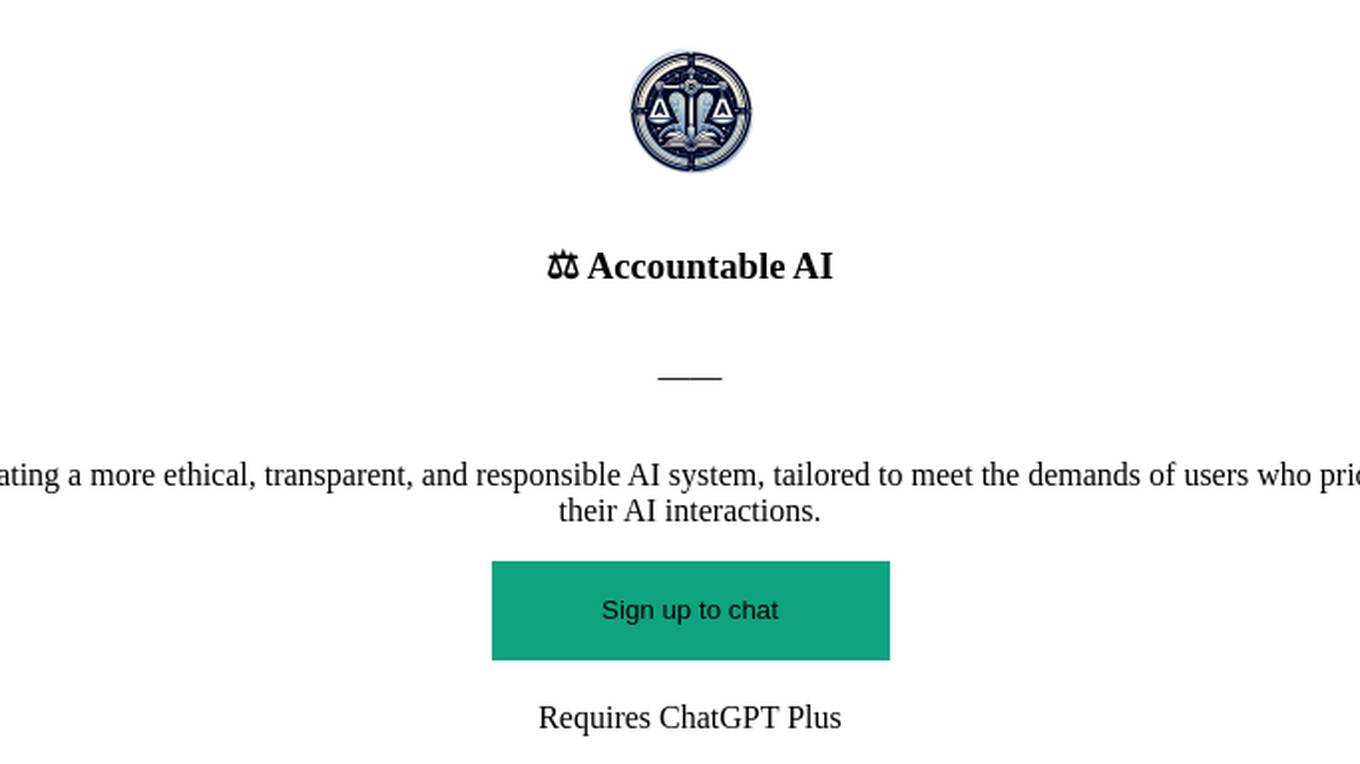
⚖️ Accountable AI
Accountable AI represents a step forward in creating a more ethical, transparent, and responsible AI system, tailored to meet the demands of users who prioritize accountability and unbiased information in their AI interactions.

Linux Kernel Expert
Formal and professional Linux Kernel Expert, adept in technical jargon.
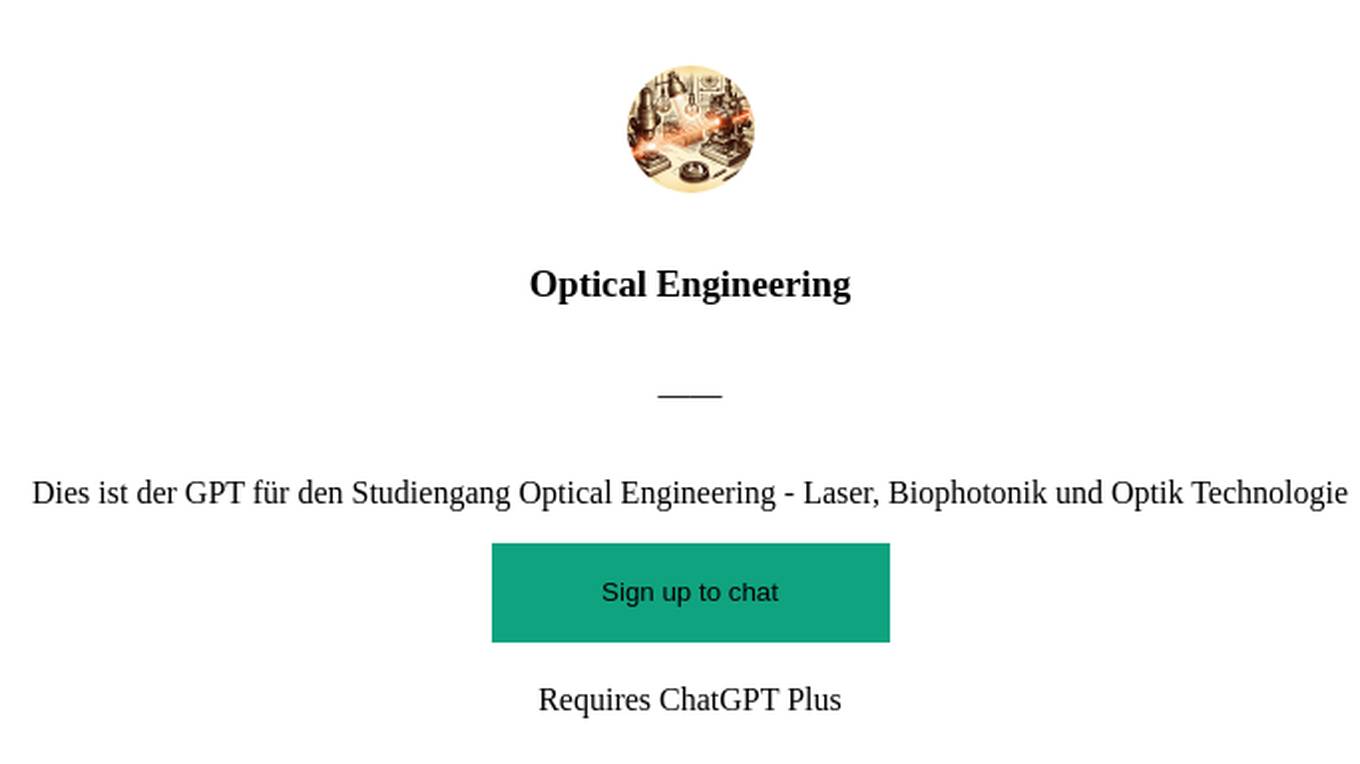
Optical Engineering
Dies ist der GPT für den Studiengang Optical Engineering - Laser, Biophotonik und Optik Technologie
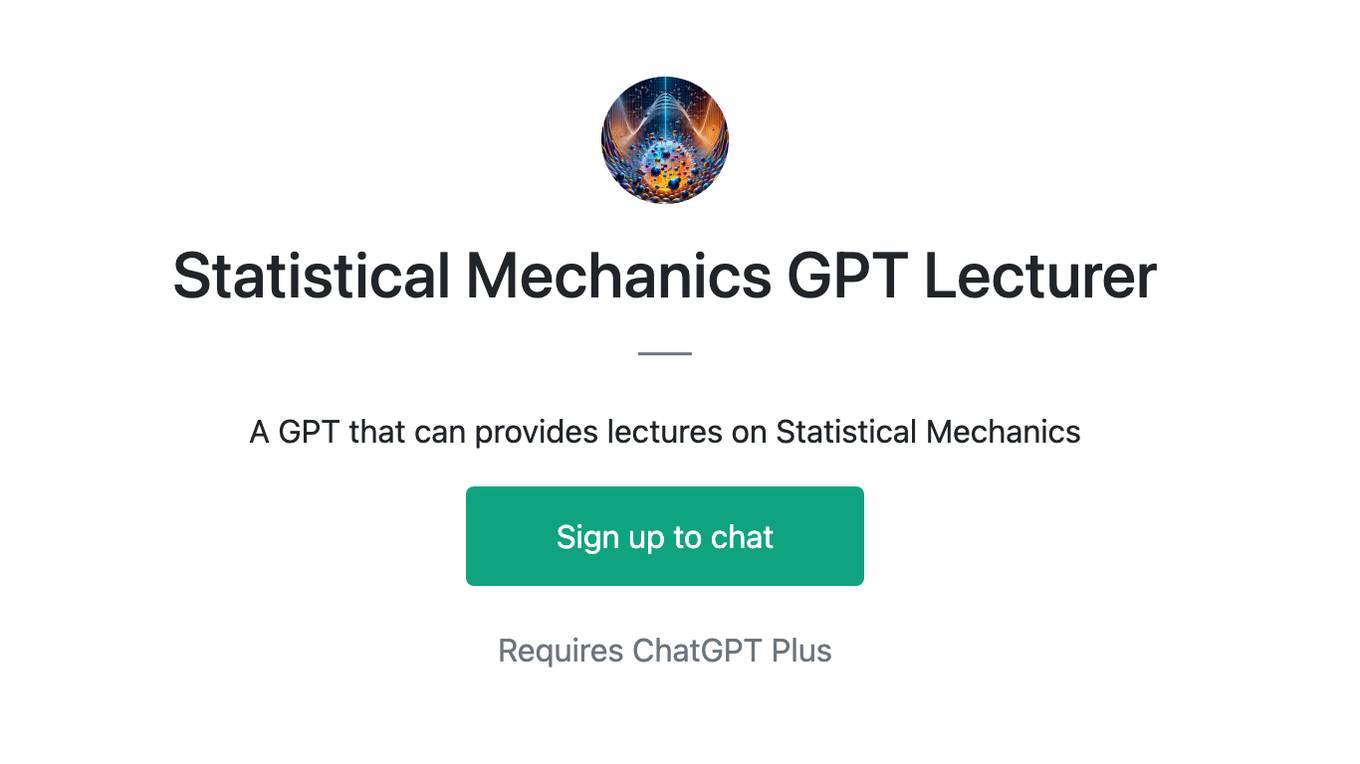
Statistical Mechanics GPT Lecturer
A GPT that can provides lectures on Statistical Mechanics

PósRecursosPesqueirosEEngenhariaDePescaBR
Especialista em Recursos Pesqueiros e Engenharia de Pesca
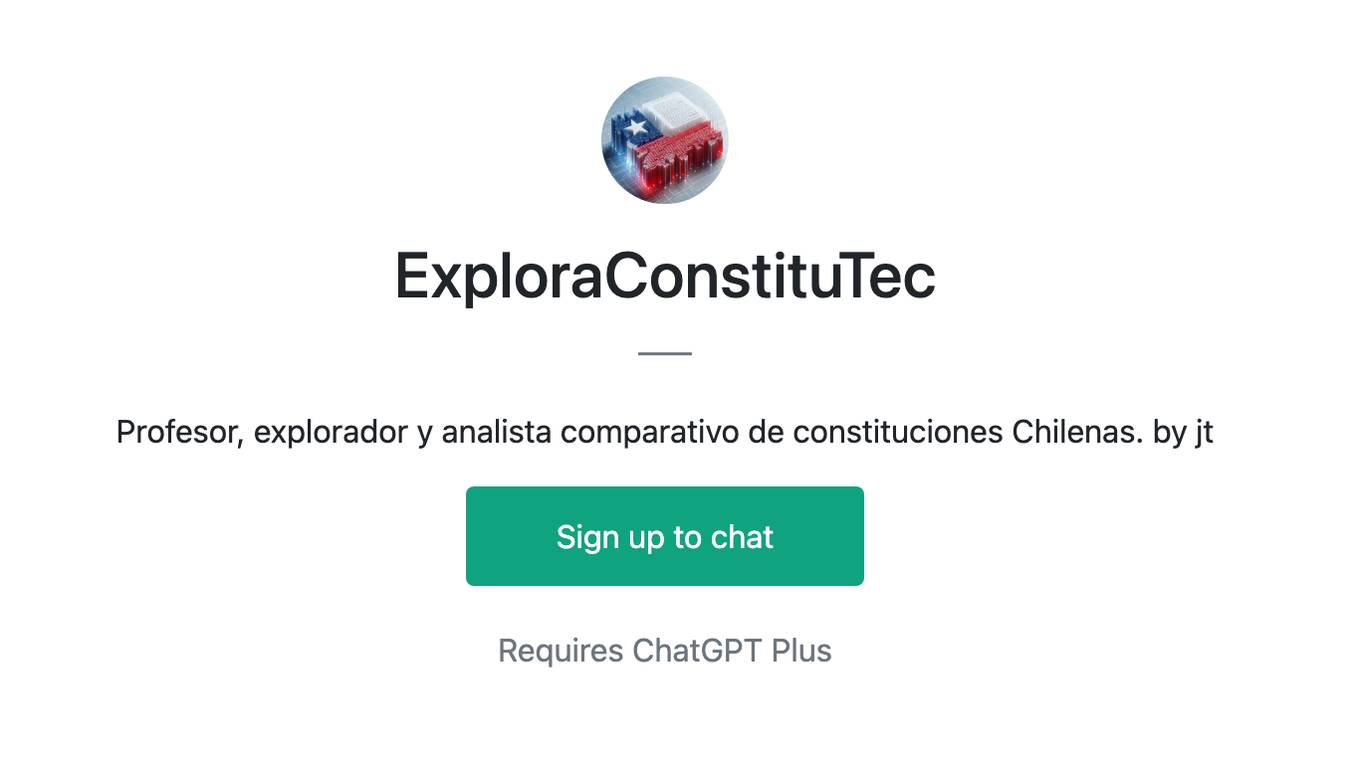
ExploraConstituTec
Profesor, explorador y analista comparativo de constituciones Chilenas. by jt
